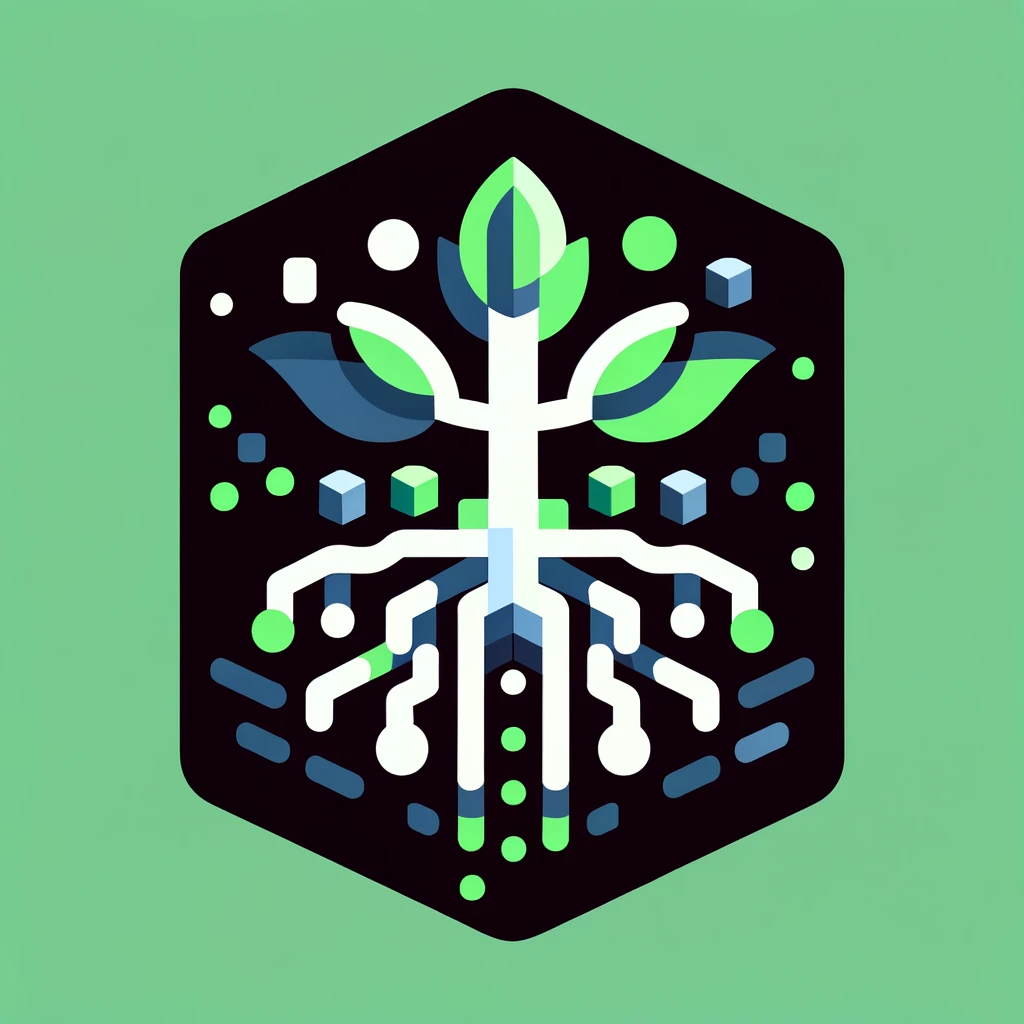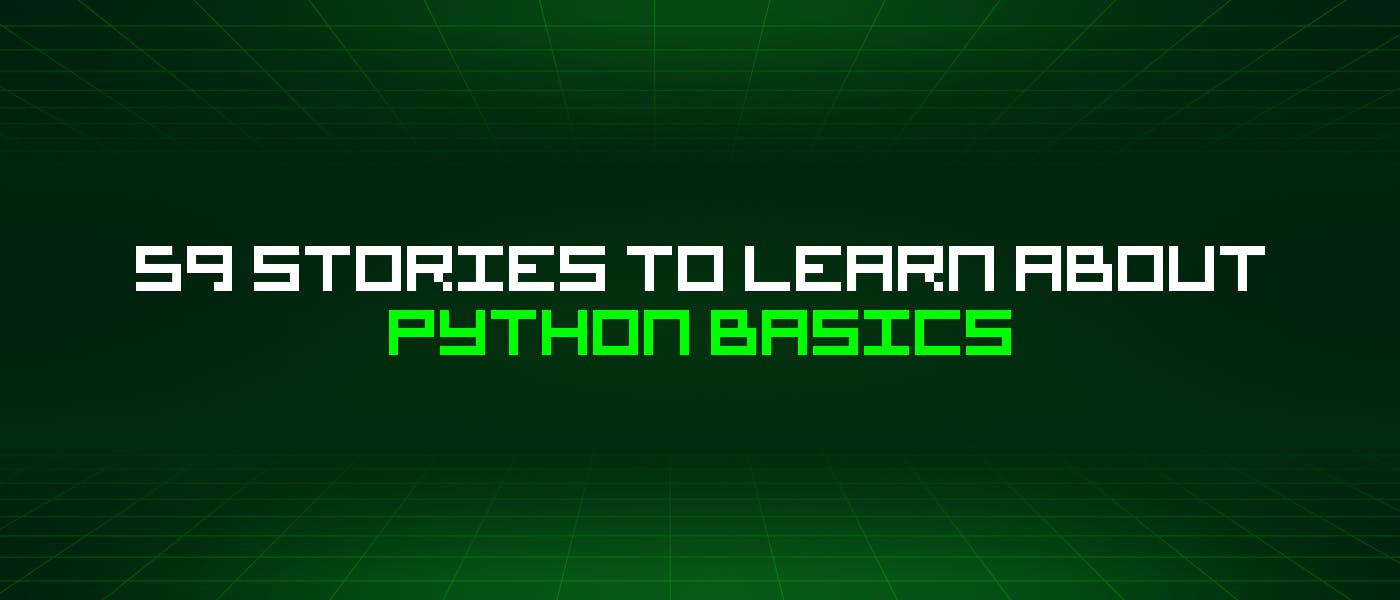Let's learn about Python Basics via these 59 free stories. They are ordered by most time reading created on HackerNoon. Visit the /Learn Repo to find the most read stories about any technology.
1. Type Annotation In Python
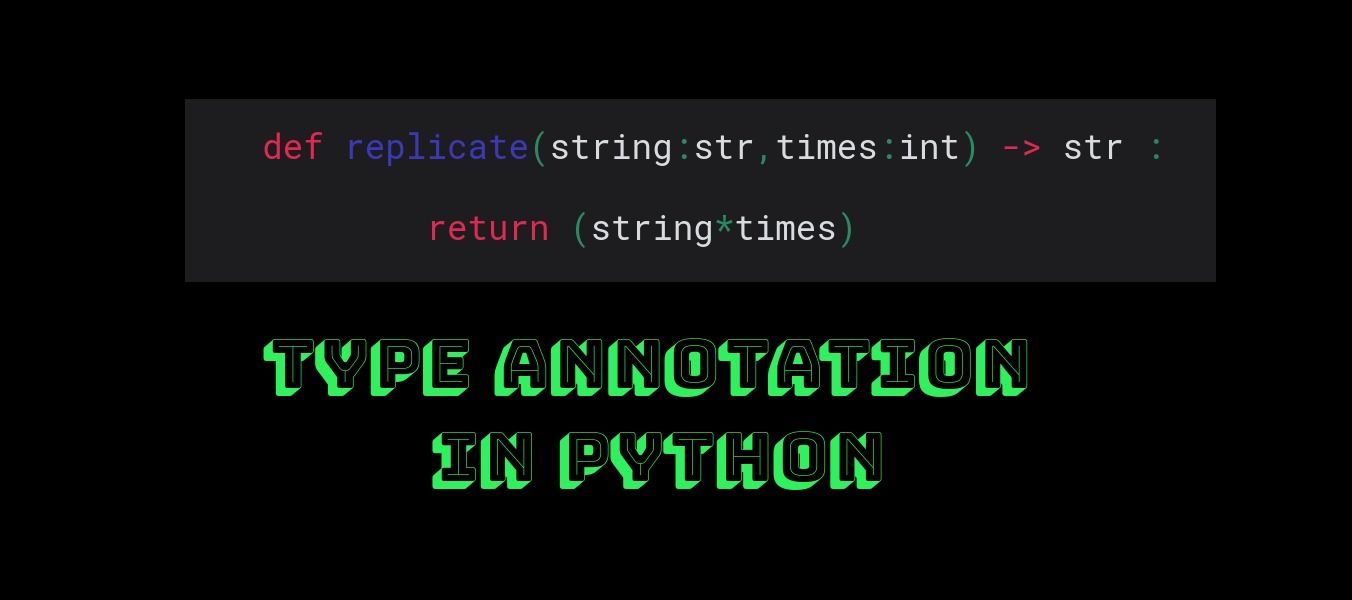 Type Annotation are a quick way to validate the actual type of the variables or arguments that are being passed to the functions it is also called type hinting.
Type Annotation are a quick way to validate the actual type of the variables or arguments that are being passed to the functions it is also called type hinting.
2. Learn To Code With Nursery Rhymes and Fairy Tales
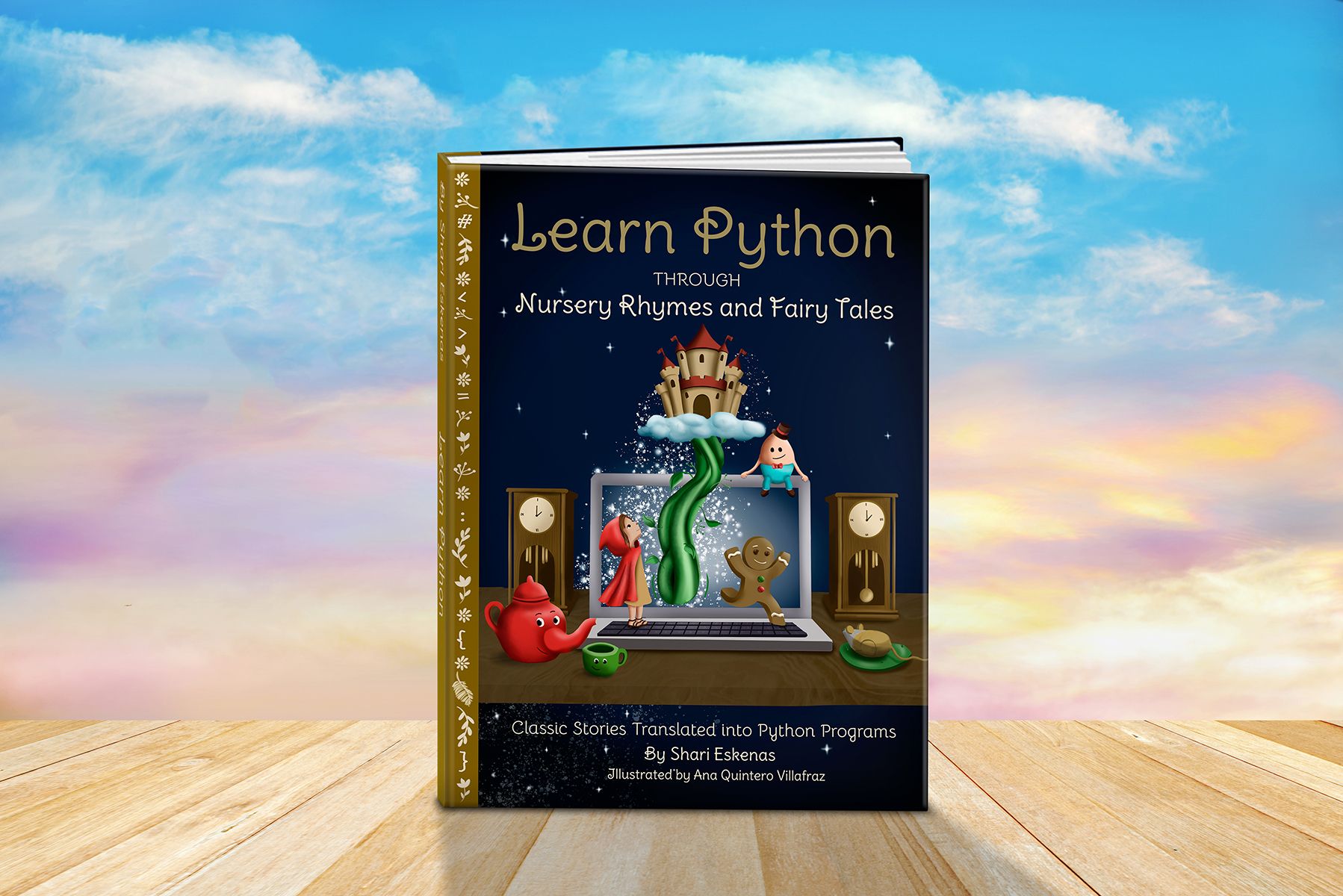 Classic nursery rhymes and fairy tales are translated into Python code in my upcoming picture book that teaches Python programming to beginners.
Classic nursery rhymes and fairy tales are translated into Python code in my upcoming picture book that teaches Python programming to beginners.
3. How to Encrypt a PDF Using Python
 Encryption is a way of encoding human-readable data with encrypted code that enables the use of a password to view the source and data stored.
Encryption is a way of encoding human-readable data with encrypted code that enables the use of a password to view the source and data stored.
4. How to Read Text File in Python?
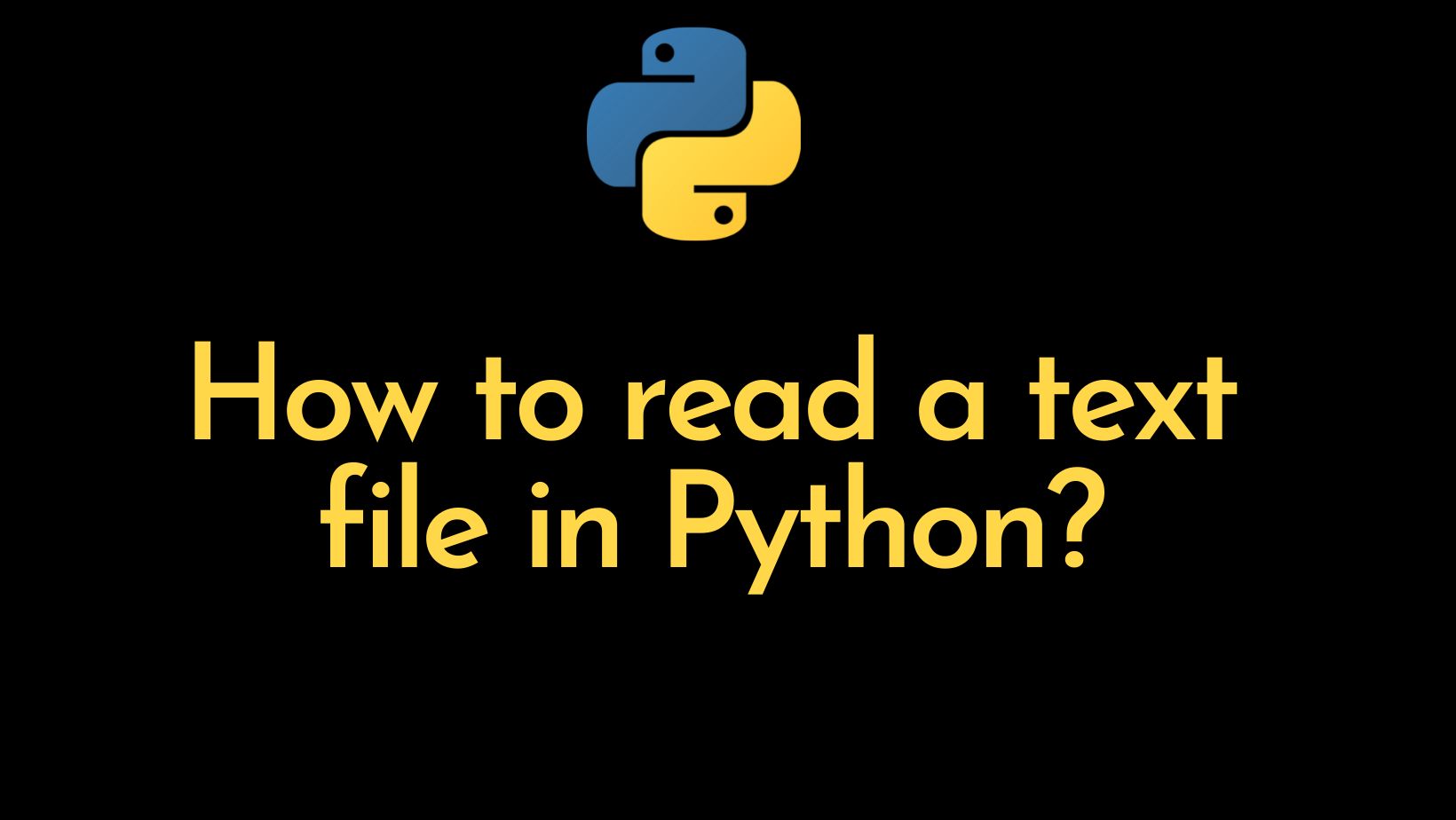 Python provides built-in functions to perform file operations, such as creating, reading, and writing into text files.
Python provides built-in functions to perform file operations, such as creating, reading, and writing into text files.
5. Pixelated Images Using Python
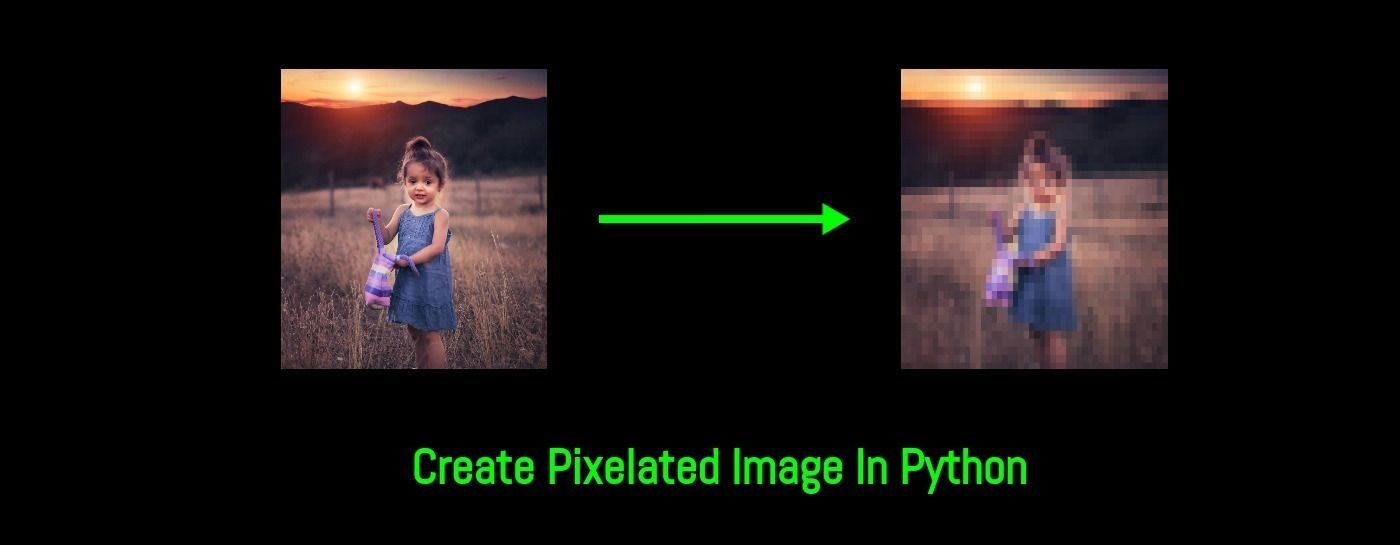 We use PIL (Pillow) to create pixelated Image using Python. Firstly, resize down an image and then resize it up to get pixelated effect. Basic image operations.
We use PIL (Pillow) to create pixelated Image using Python. Firstly, resize down an image and then resize it up to get pixelated effect. Basic image operations.
6. The Surprising Case Of Mutable Default Arguments
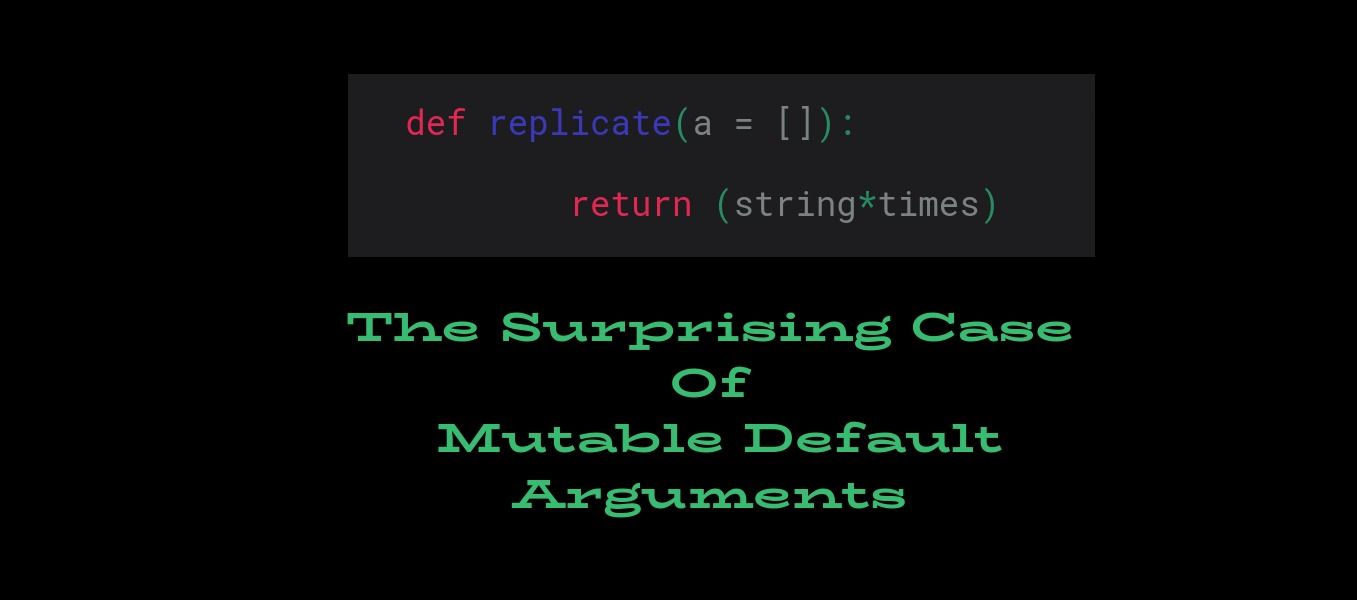 Mutable arguments get bind to the function the moment the function definition ends and are therefore modified each time instead of re-initialisation.
Mutable arguments get bind to the function the moment the function definition ends and are therefore modified each time instead of re-initialisation.
7. A Beginner's Introduction to the Python Programming Language
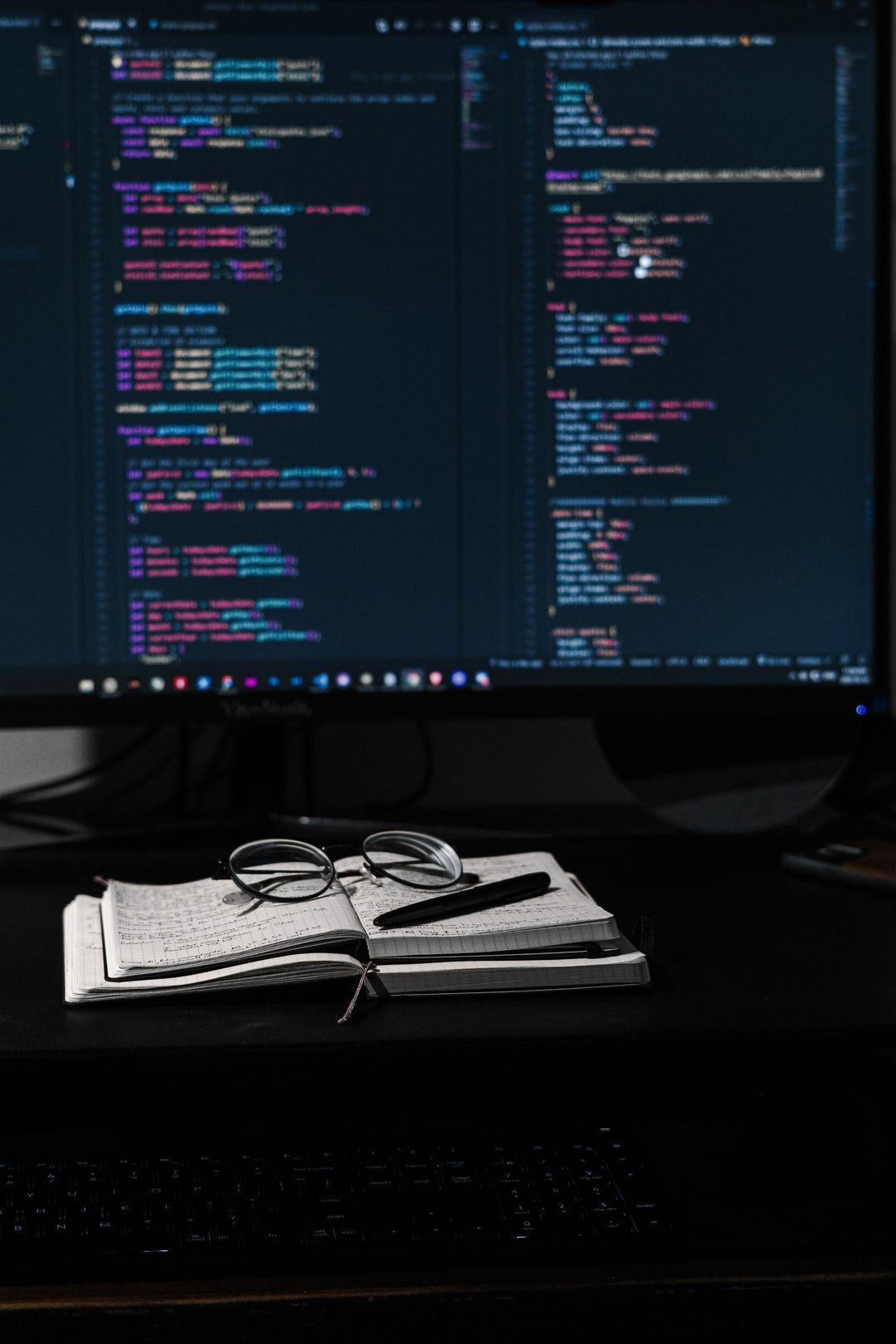 Python is a language known for being modular. It has an extensive standard library and its simple to use syntax facilitates coding in the language.
Python is a language known for being modular. It has an extensive standard library and its simple to use syntax facilitates coding in the language.
8. Python Tutorial: 4 Methods to Getting the File Size in Python
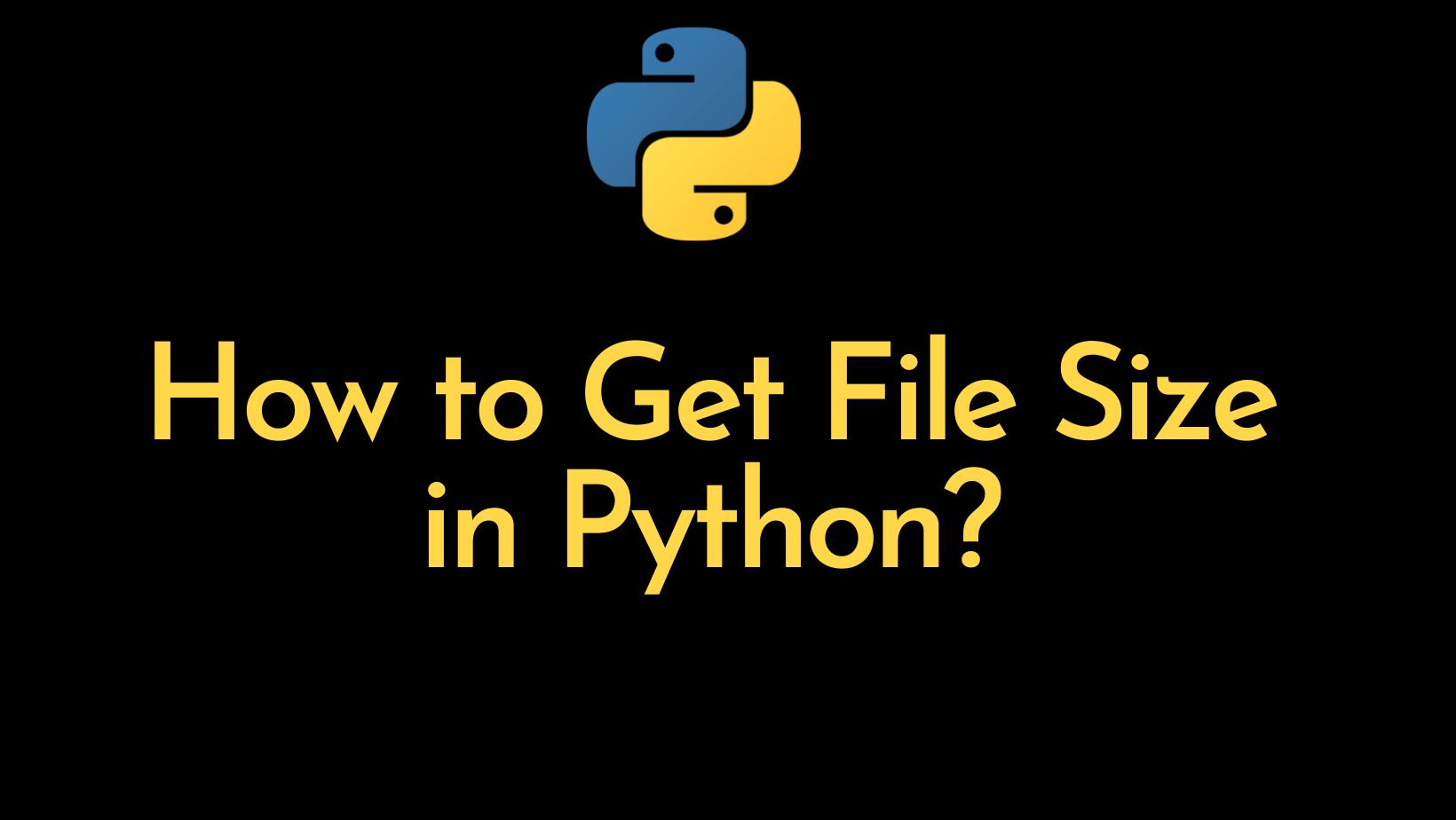 We can get the file size in Python using OS module and Pathlib module. The other methods we can use are os.path.getsize(), os.stat(), and path.stat().st_mode.
We can get the file size in Python using OS module and Pathlib module. The other methods we can use are os.path.getsize(), os.stat(), and path.stat().st_mode.
9. When Everyone Corrected the World's Smartest Woman
 I find the Monty Hall Problem one of the most fascinating brain teasers, because it seems deceivingly simple. When Marilyn Von Savant, the woman with the highest IQ, answered this brainteaser correctly in 1991, she was inundated with over 10,000 letters from academics and Ph.Ds criticizing her “error”, only to be proven later that she was correct.
I find the Monty Hall Problem one of the most fascinating brain teasers, because it seems deceivingly simple. When Marilyn Von Savant, the woman with the highest IQ, answered this brainteaser correctly in 1991, she was inundated with over 10,000 letters from academics and Ph.Ds criticizing her “error”, only to be proven later that she was correct.
10. A Complete Guide to Python Dictionaries
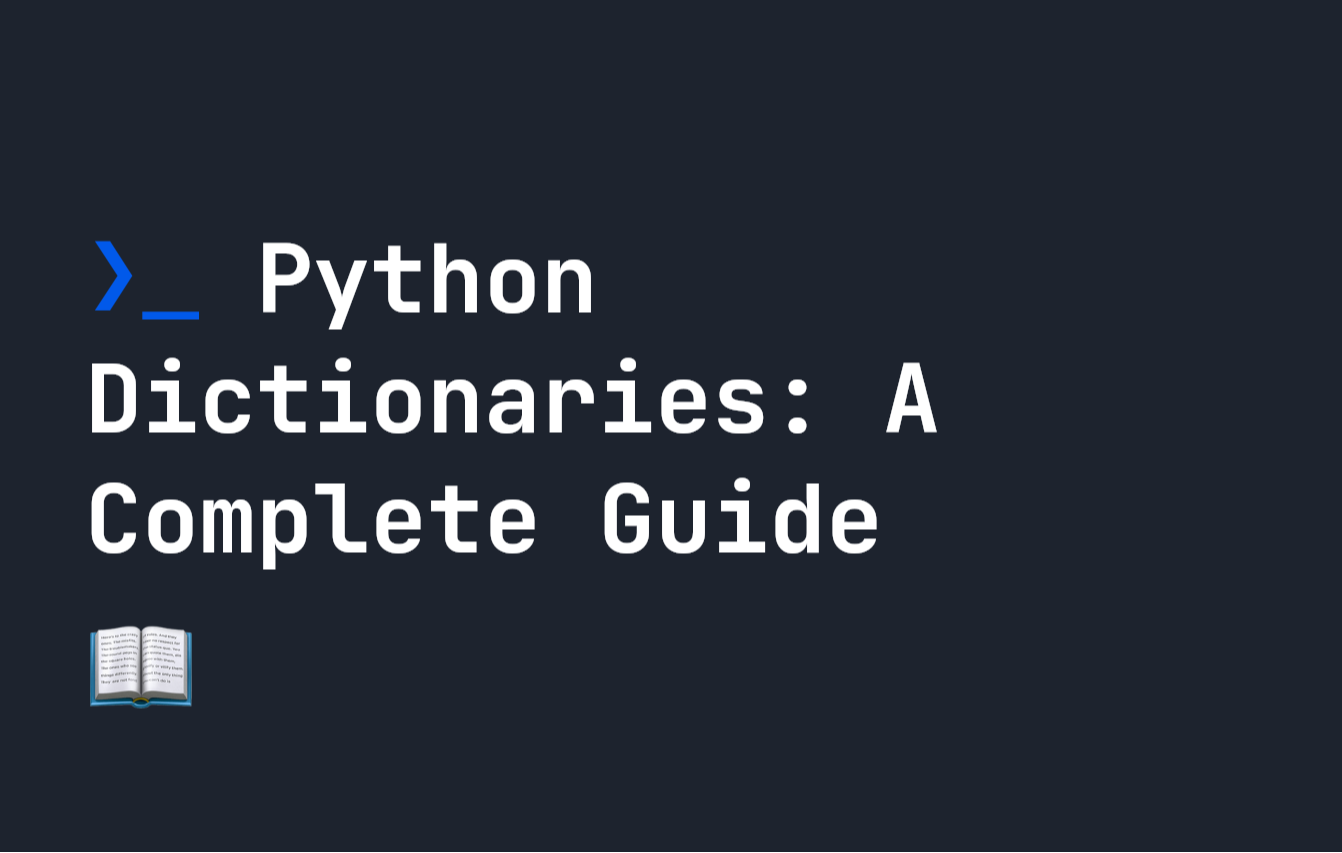 In this guide, we will cover everything you need to know about Python dictionaries.
In this guide, we will cover everything you need to know about Python dictionaries.
11. How to Write on an Image in Python
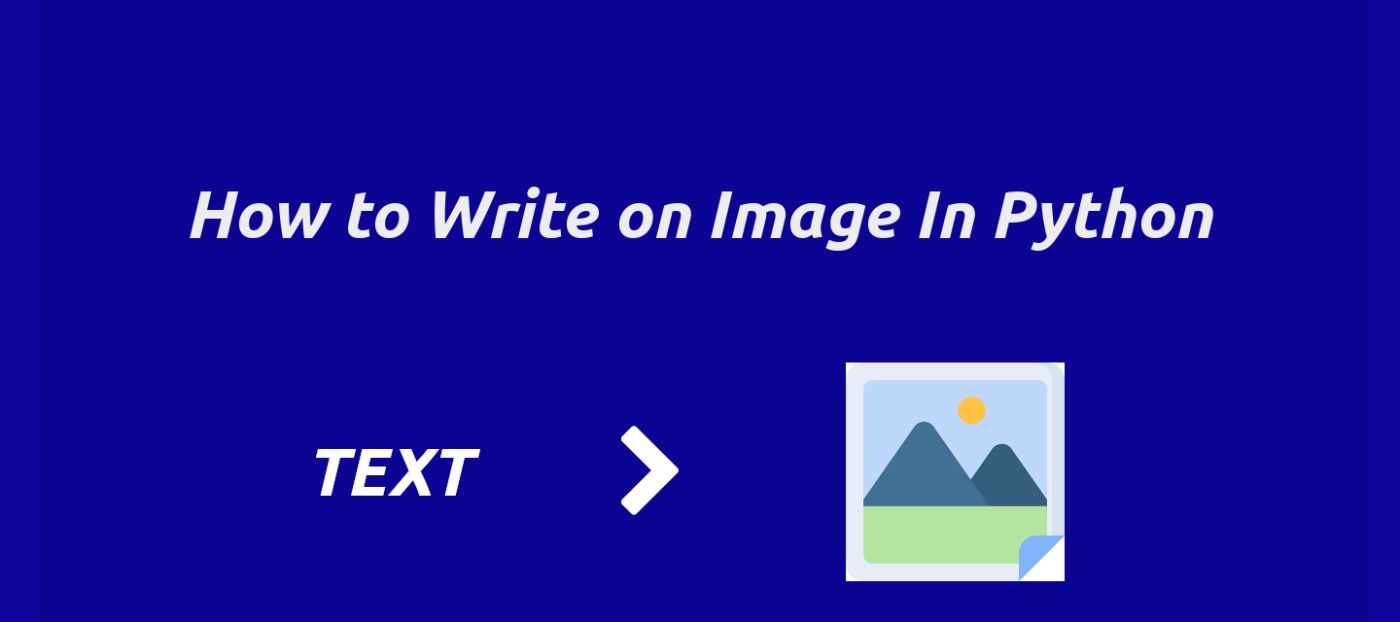 In this Python tutorial, we will learn how to Write a text on an image, Change the size of the text and Centre the text on an image
In this Python tutorial, we will learn how to Write a text on an image, Change the size of the text and Centre the text on an image
12. Network Scanner Working and Implementation
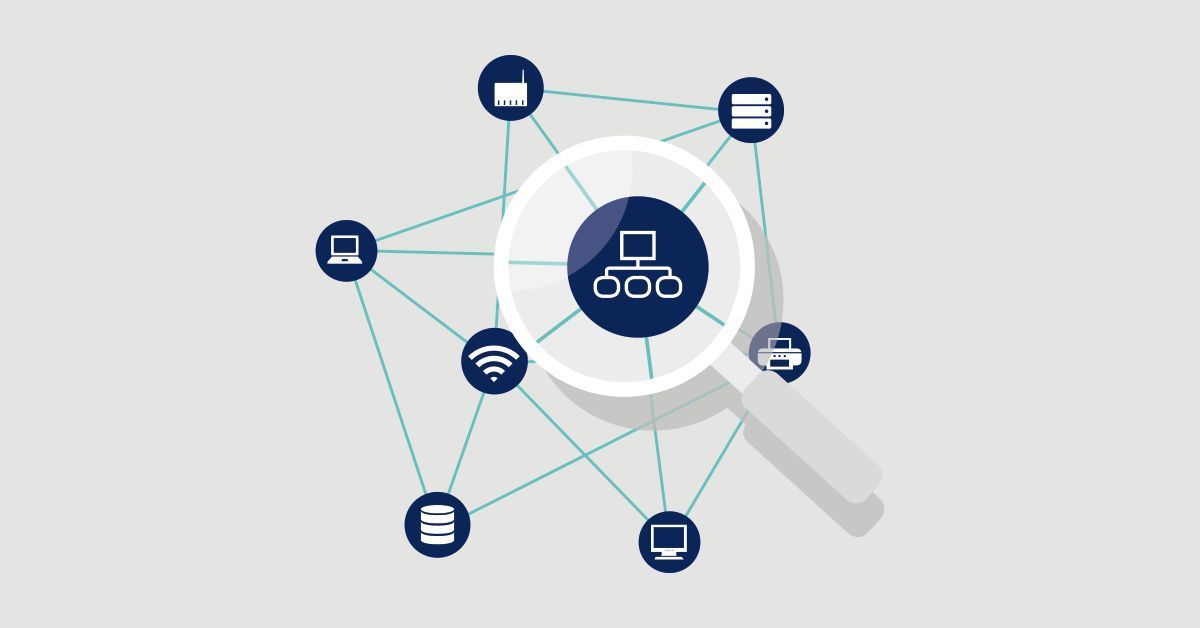 In this blog, we will see how a network mapper works and how we can implement these network security tools in Python for our cybersecurity related projects
In this blog, we will see how a network mapper works and how we can implement these network security tools in Python for our cybersecurity related projects
13. Short Guide to Best Practices When Naming Variables in Python
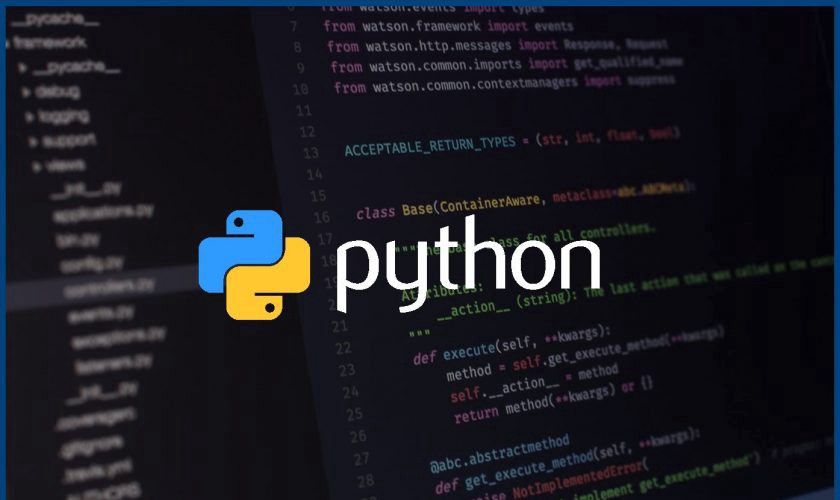 These are some best practices in python being followed by the python community when it comes to naming your variables.
These are some best practices in python being followed by the python community when it comes to naming your variables.
14. Introduction to Tuples in Python
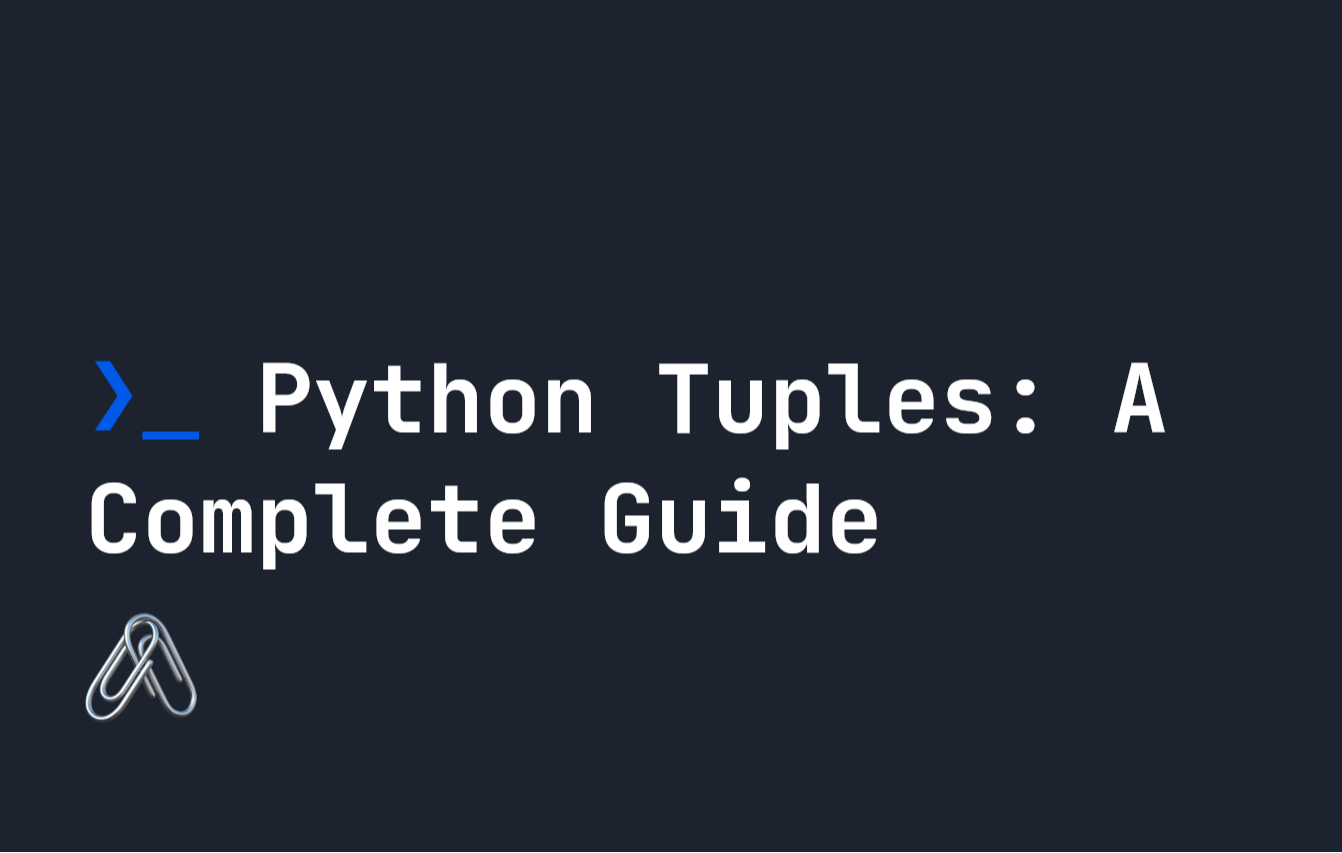 In this guide, we'll cover how to use Tuples, as well as some of the methods and things you'd want to do with them.
In this guide, we'll cover how to use Tuples, as well as some of the methods and things you'd want to do with them.
15. 3 Ways to Learn Python Online
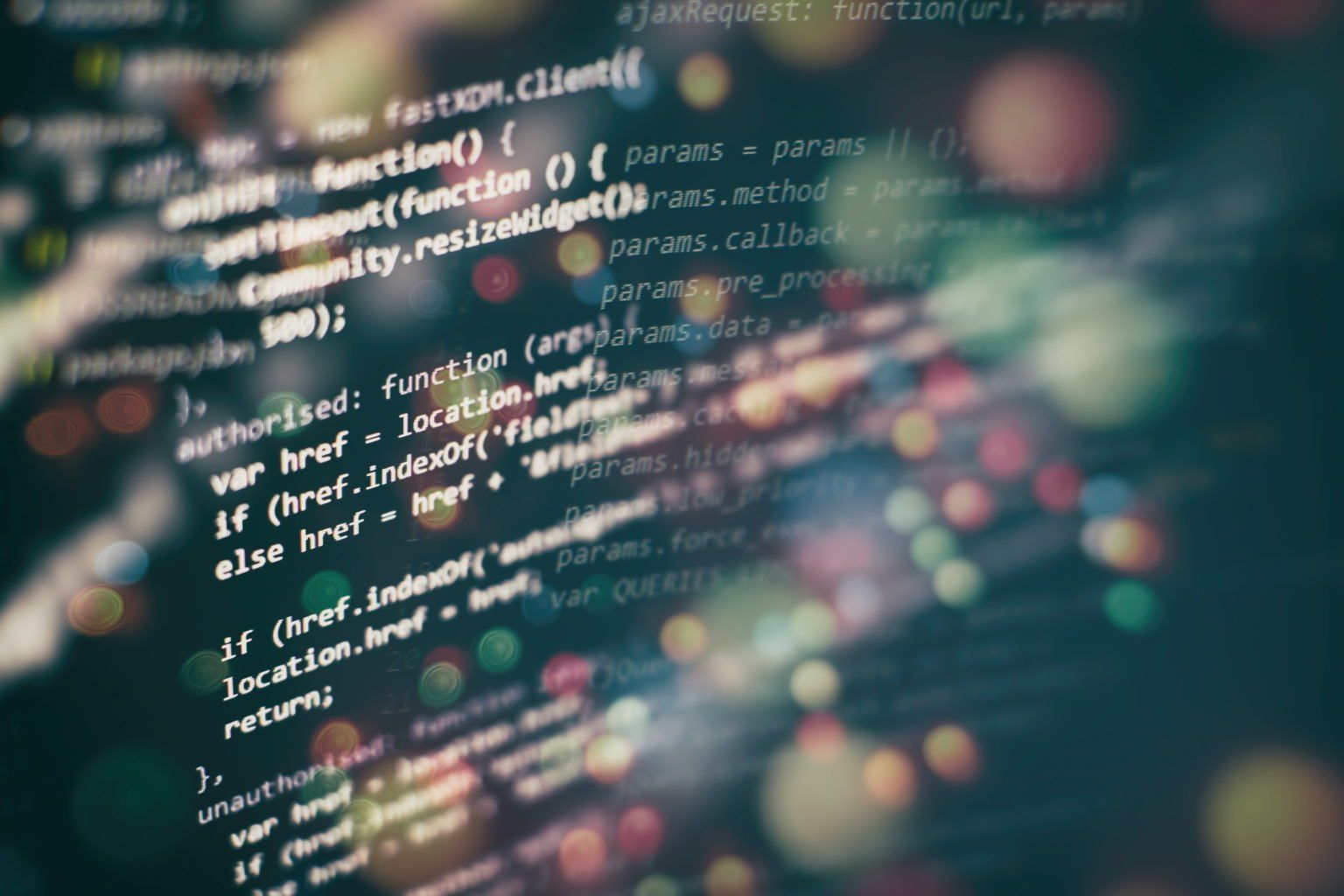 Python Is beginner-friendly, has a strong ecosystem, and is a popular choice for AI, research, and automation. Here's how to teach yourself python online.
Python Is beginner-friendly, has a strong ecosystem, and is a popular choice for AI, research, and automation. Here's how to teach yourself python online.
16. Took - A Twitter Bot that Tweets Books.
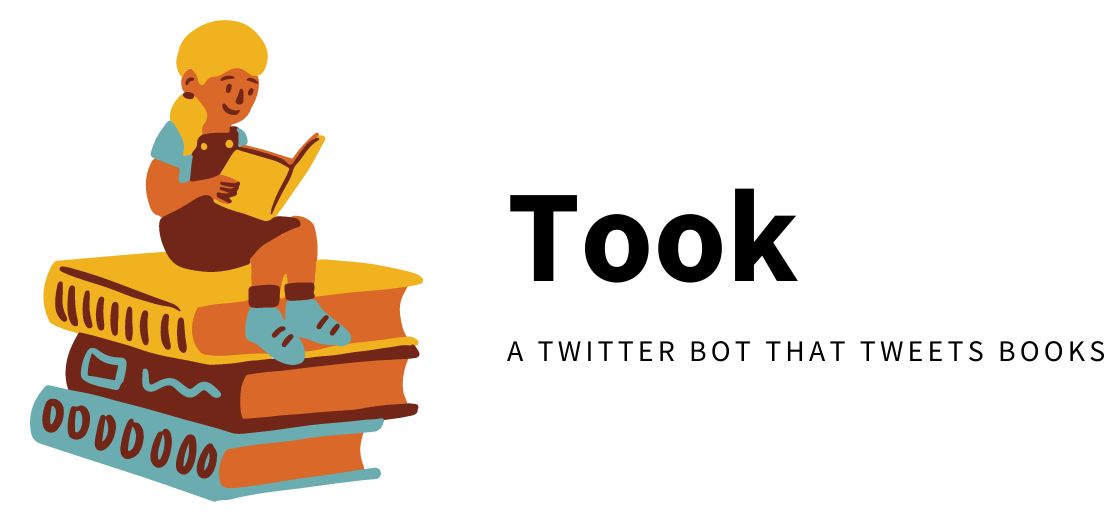 Usually I found myself reading more than 100 tweets per day, so I thought that using all that 'reading power' to read a book using tweets could be a good idea.
Usually I found myself reading more than 100 tweets per day, so I thought that using all that 'reading power' to read a book using tweets could be a good idea.
17. Basic Python features
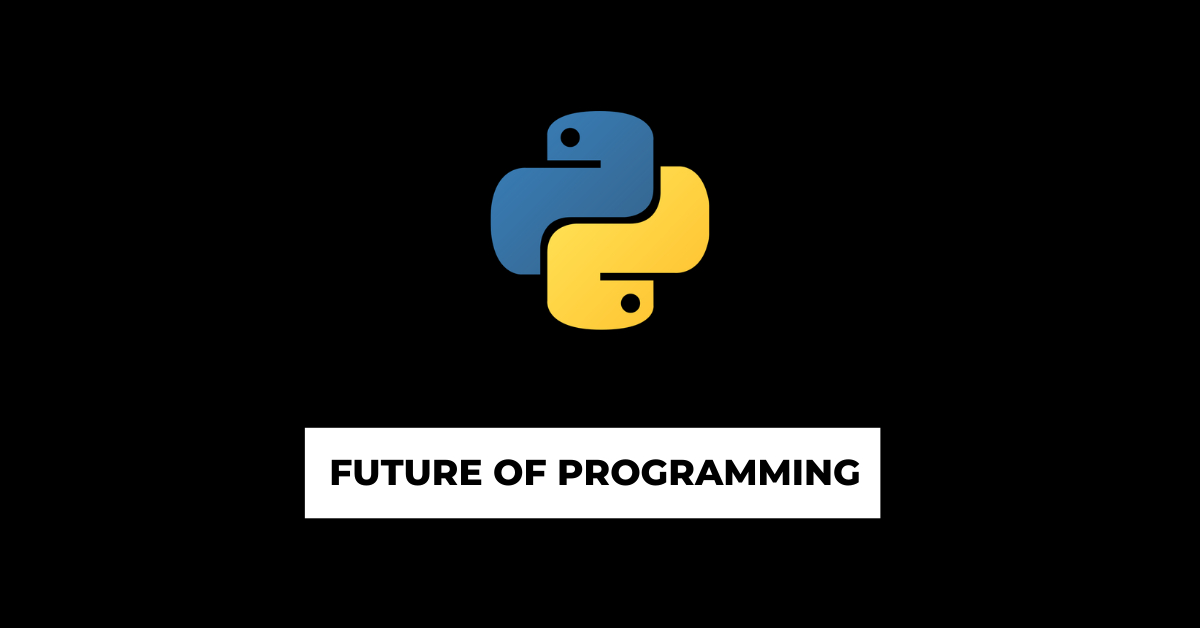 When you say, what could be the future of programming or which programming language will boom, it should be Python, always. Just look at the 2019 survey from Stack overflow. It is quite obvious that python is taking the lead now.
When you say, what could be the future of programming or which programming language will boom, it should be Python, always. Just look at the 2019 survey from Stack overflow. It is quite obvious that python is taking the lead now.
18. Analyzing Python Compilers: CPython Vs. Cython Vs. PyPy
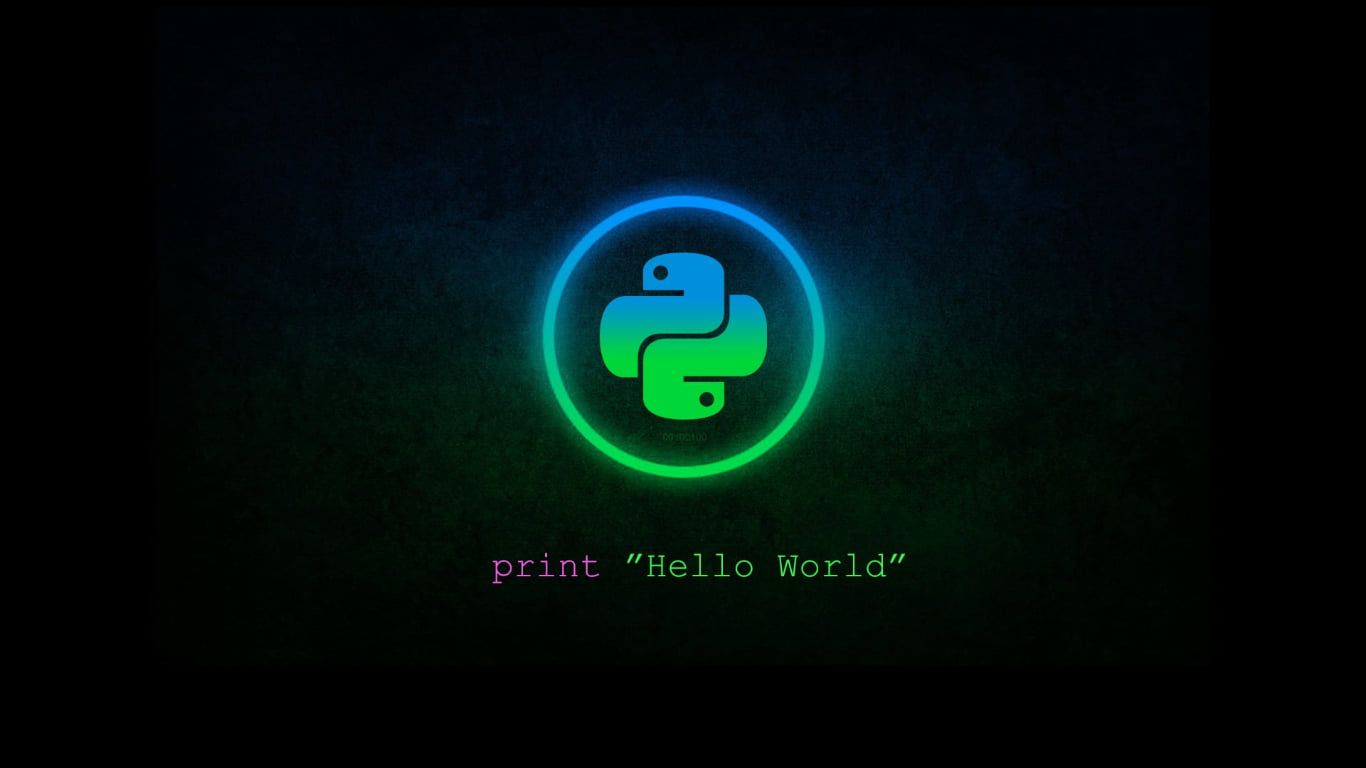 Brief reviews on popular Python compilers like Cython, PyPy, and the default Python interpreter CPython.
Brief reviews on popular Python compilers like Cython, PyPy, and the default Python interpreter CPython.
19. A Beginner's Guide to Getting User Input in Python
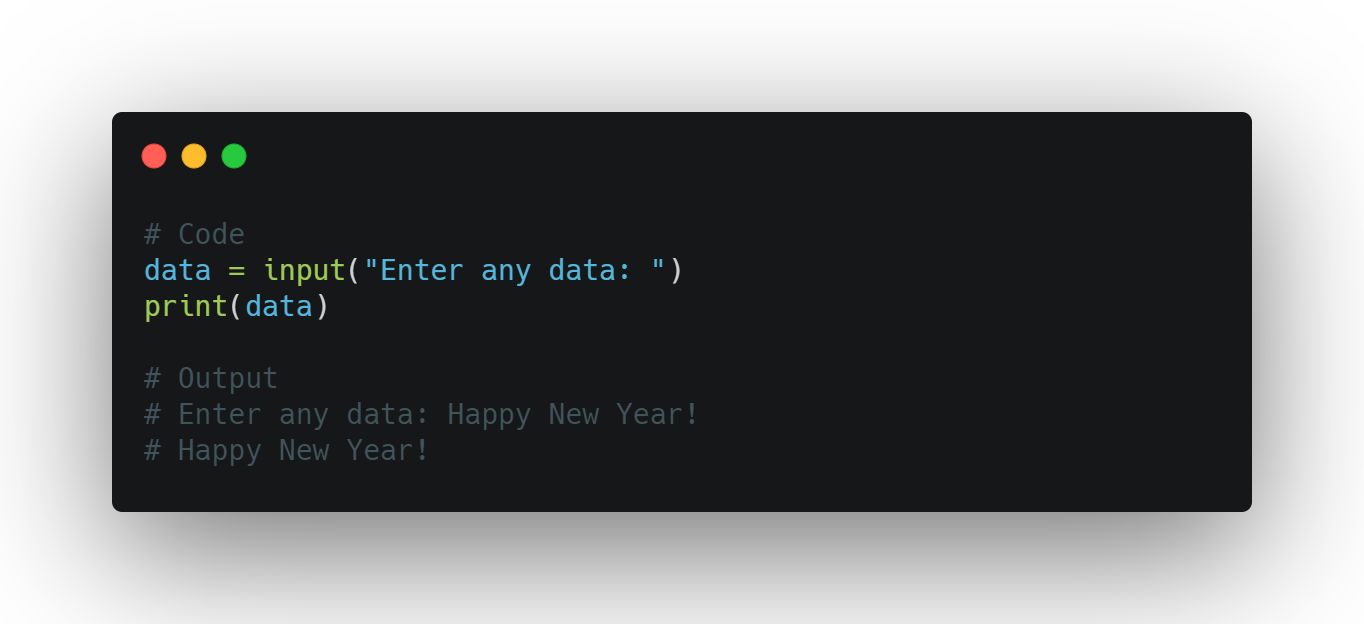 Getting input from the user is what makes a program more interactive with the user.
Getting input from the user is what makes a program more interactive with the user.
20. Building Your First Python GUI With Tkinter
 Beginner Python tutorial explaining the basics of Tkinter GUI application development
Beginner Python tutorial explaining the basics of Tkinter GUI application development
21. Python vs C++: What should a beginner choose?
 If you’re new to programming, are a computer teacher, or just a parent planning to get his child started with programming – you must be wondering where to start. C++, C, Java, Python – there are just too many options out there! While all these languages are great in their own right and popular, the debate between C++ and python has been intense for sometime.
If you’re new to programming, are a computer teacher, or just a parent planning to get his child started with programming – you must be wondering where to start. C++, C, Java, Python – there are just too many options out there! While all these languages are great in their own right and popular, the debate between C++ and python has been intense for sometime.
22. A Complete Guide to Python Lists
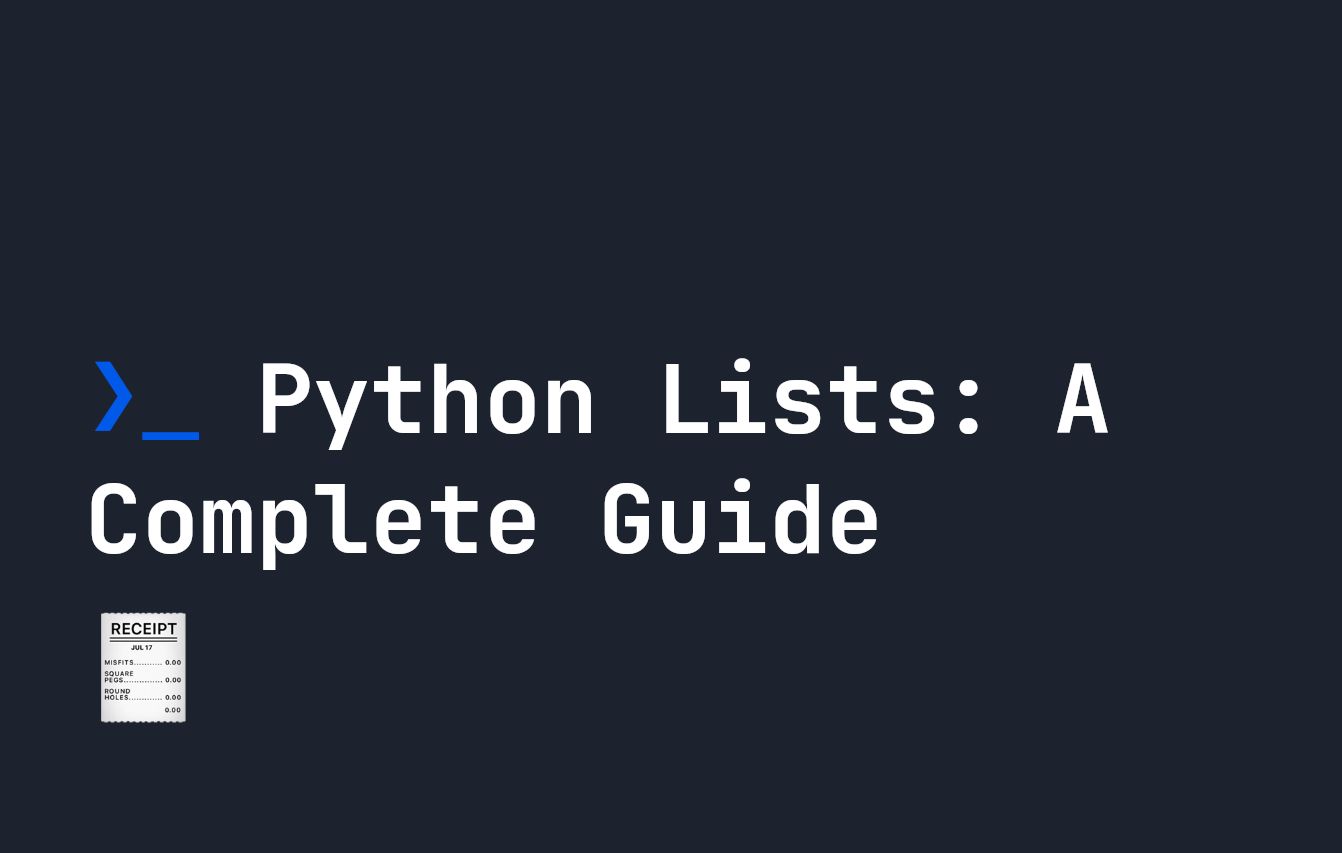 Let's start with some of the basics, and then dive into useful ways you'll be able to work with lists.
Let's start with some of the basics, and then dive into useful ways you'll be able to work with lists.
23. Hello, World! - Why Python is the Most Beginner-Friendly Coding Language
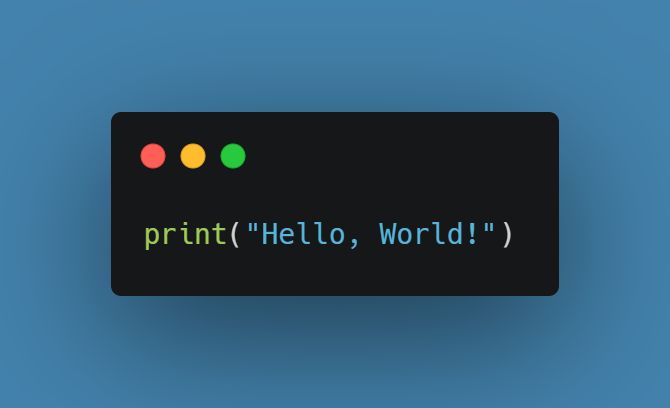 Let’s start this journey of programming with gaining some knowledge on the Python programming language.
Let’s start this journey of programming with gaining some knowledge on the Python programming language.
24. Colors of Python Interpreters
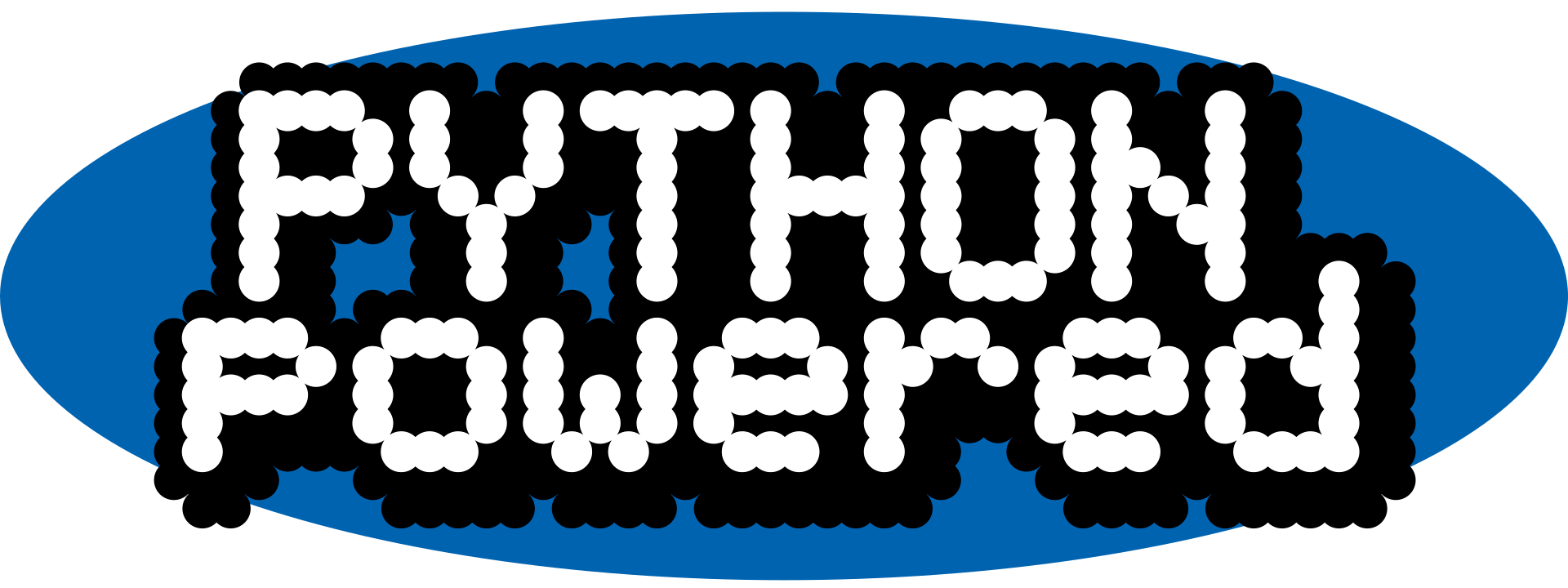 As you know, Python is a very popular language and already takes 1st place in the TIOBE rating. And in the classical understanding of Python, in 90% of cases, CPython is meant. It is a reference implementation of the interpreter under the guidance of Guido van Rossum. Version 3.10 is current as of November 14, 2021. By now, Python means only version 3, but before this version appeared, mentions of version 2 can still be found. Now version 2 is not supported and most companies are removing the remnants of the code from version 2. by porting the code to version 3. As of January 1, 2020, Python 2 is no longer supported [https://www.python.org/doc/sunset-python-2/]. And this is quite understandable since, after the release of Python 3 in 2006, developers had to support 2 versions at the same time, which is laborious.
As you know, Python is a very popular language and already takes 1st place in the TIOBE rating. And in the classical understanding of Python, in 90% of cases, CPython is meant. It is a reference implementation of the interpreter under the guidance of Guido van Rossum. Version 3.10 is current as of November 14, 2021. By now, Python means only version 3, but before this version appeared, mentions of version 2 can still be found. Now version 2 is not supported and most companies are removing the remnants of the code from version 2. by porting the code to version 3. As of January 1, 2020, Python 2 is no longer supported [https://www.python.org/doc/sunset-python-2/]. And this is quite understandable since, after the release of Python 3 in 2006, developers had to support 2 versions at the same time, which is laborious.
25. Python for Beginners, Part 6: Strings
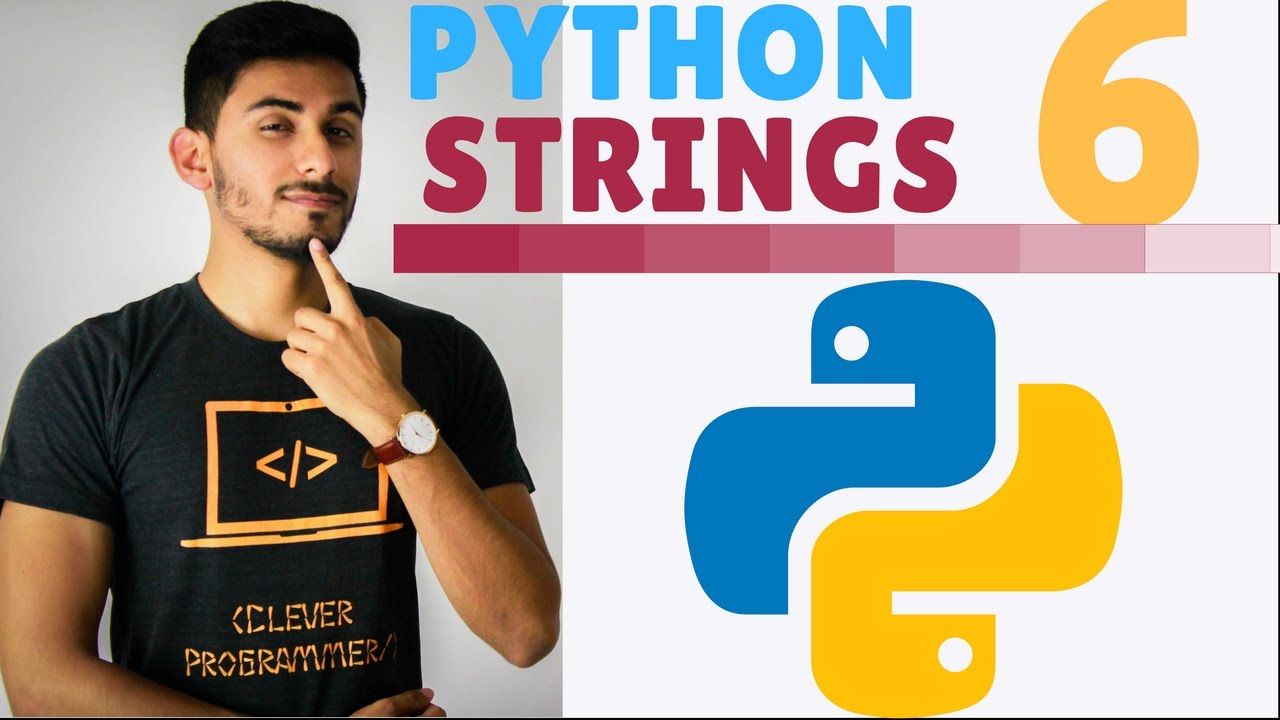 Let's discuss the strings primitive data type and it means. This will answer the question of what's the difference between variables and strings.
Let's discuss the strings primitive data type and it means. This will answer the question of what's the difference between variables and strings.
26. How to Learn Python Without Any Programming Background
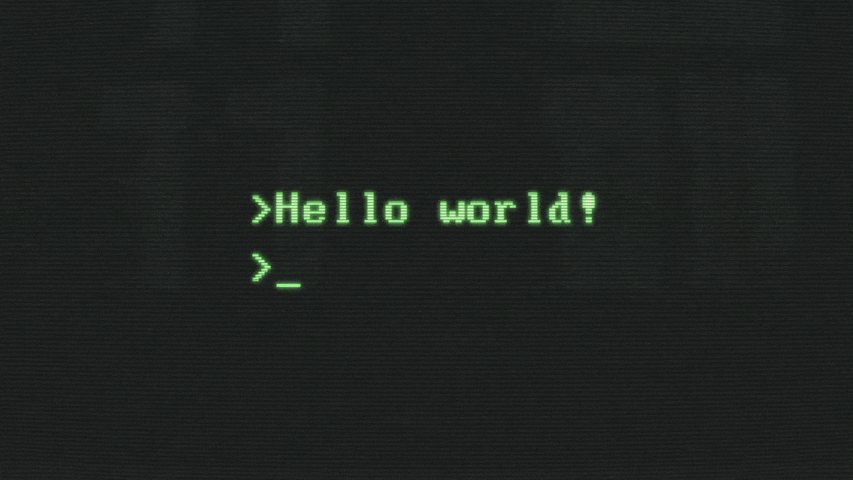 You are not a programmer. You have zero coding experience. You probably consider yourself “not a math person”. So let’s find out how you can learn Python, even if you’ve never had any exposure to a programming language.
You are not a programmer. You have zero coding experience. You probably consider yourself “not a math person”. So let’s find out how you can learn Python, even if you’ve never had any exposure to a programming language.
27. What You Need to Know About Python’s Data Model
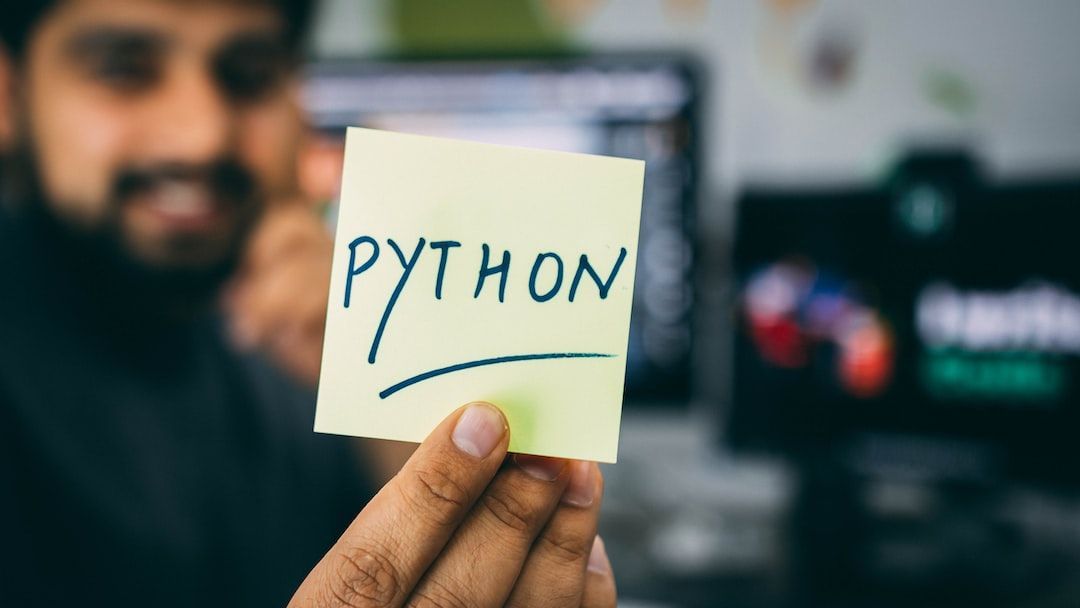 A Concise Overview of Data Model, Special Methods and the Collection API in Python.
A Concise Overview of Data Model, Special Methods and the Collection API in Python.
28. Cracking 3 Python Easter Eggs
 Python lessons for beginner and advanced level at the same time
Python lessons for beginner and advanced level at the same time
29. Python for Beginners, Part 5: Variables
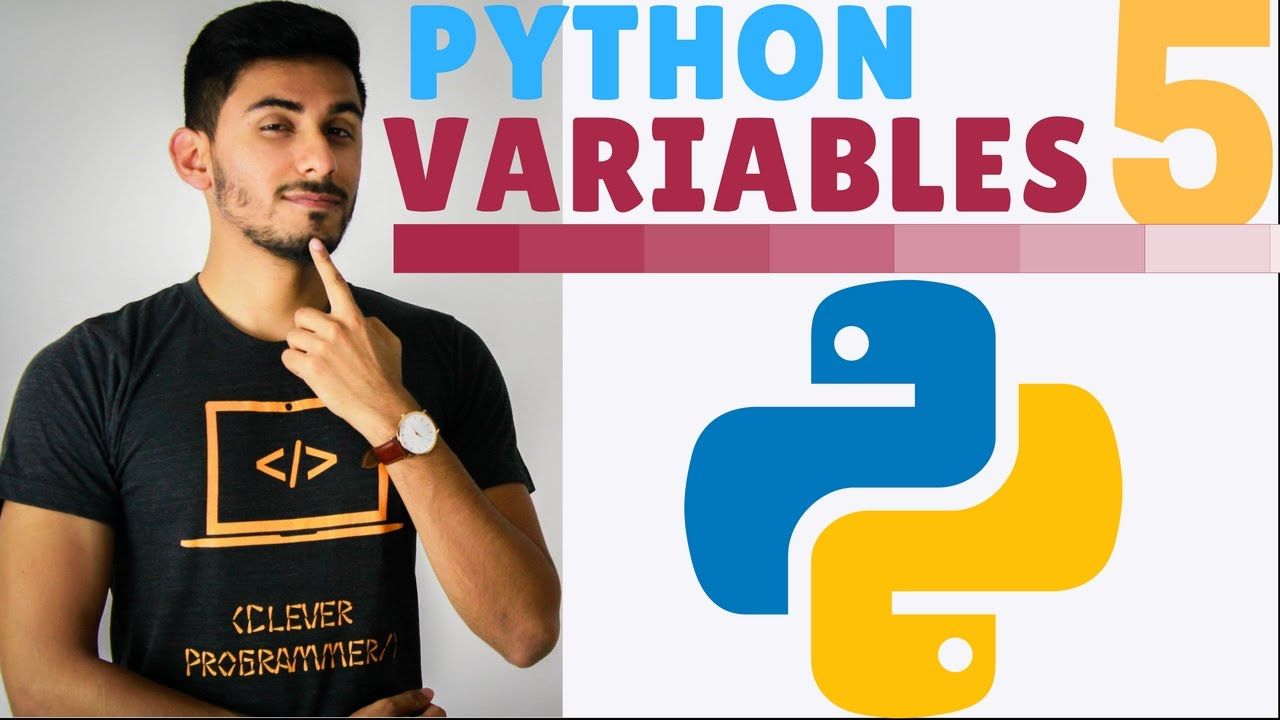 We will discover what are variables in this video. How is data stored into variables and then how you can retrieve it later for easier access. We will look at all this through a visualization using the Turtle library from Python.
We will discover what are variables in this video. How is data stored into variables and then how you can retrieve it later for easier access. We will look at all this through a visualization using the Turtle library from Python.
30. Python for Beginners, Part 2: Hello World Exercise
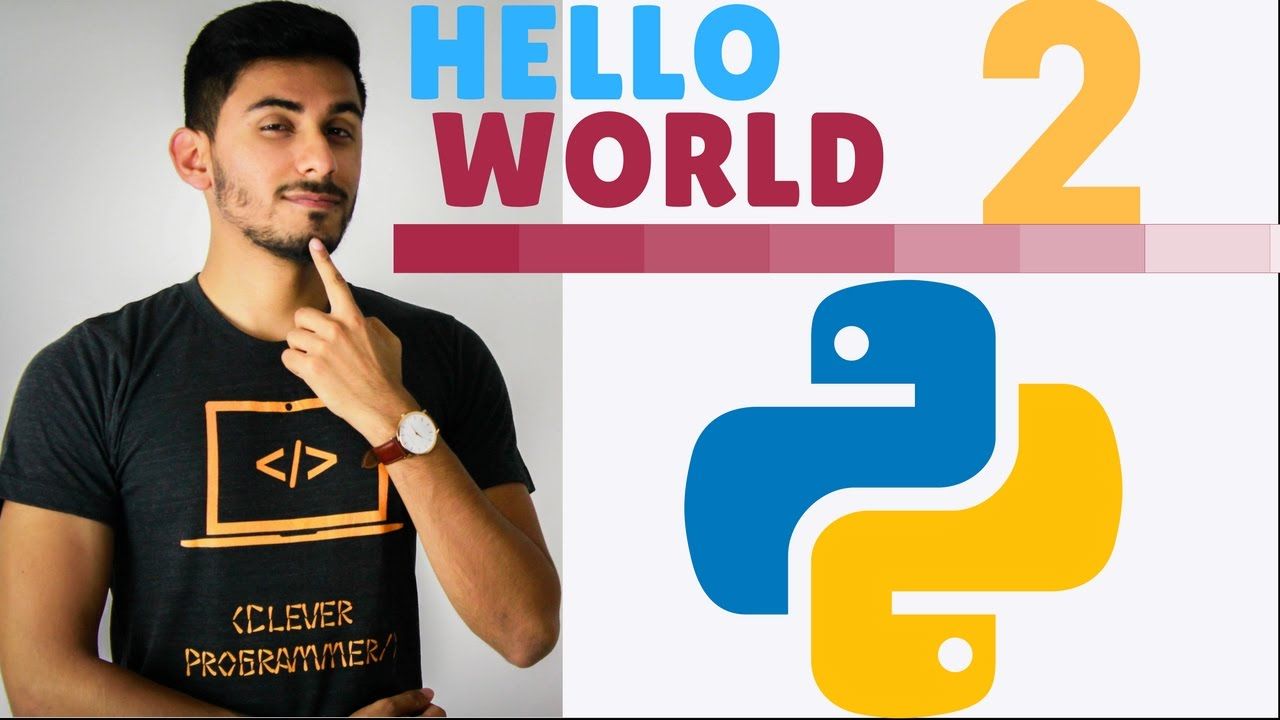 We cover the most basic 'hello world' exercise! This will be fun and now you are on your way to an exciting journey!
We cover the most basic 'hello world' exercise! This will be fun and now you are on your way to an exciting journey!
31. Integrating Python and SQL: A Guide for Beginners
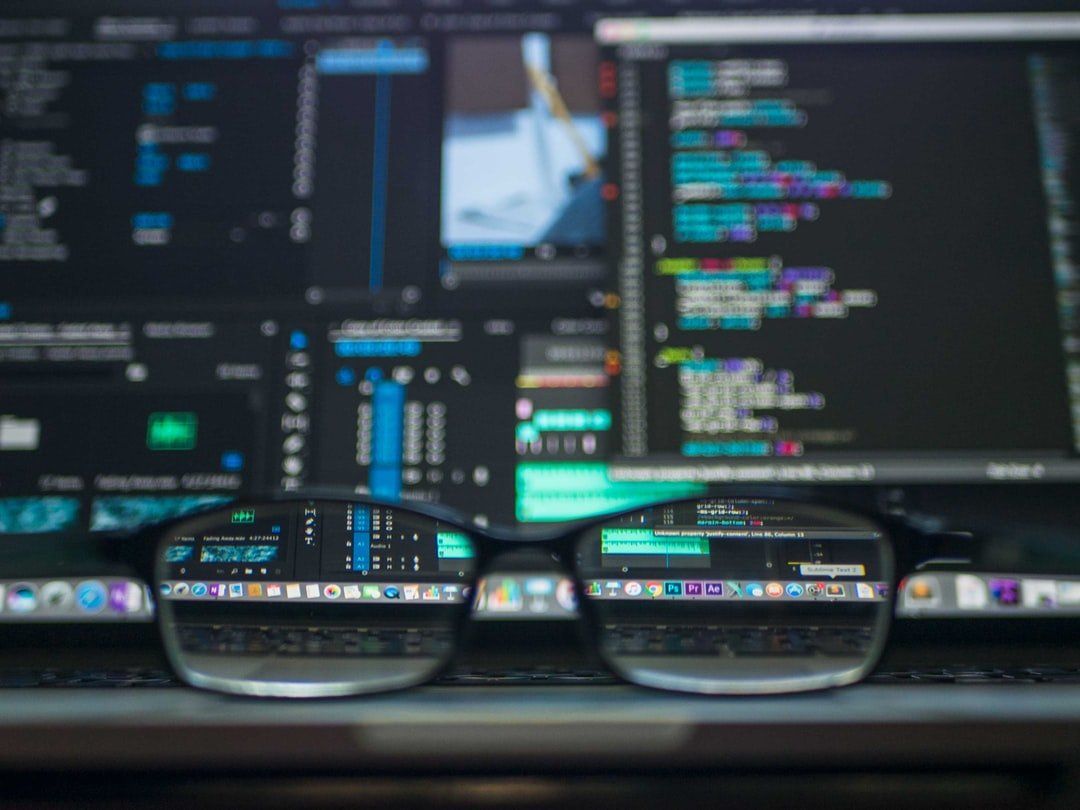
32. 10 Ways To Refactor Your Python Code
 10 Ways to refactor Python code to make it more Pythonic
10 Ways to refactor Python code to make it more Pythonic
33. Python List Comprehension Beginner's Guide
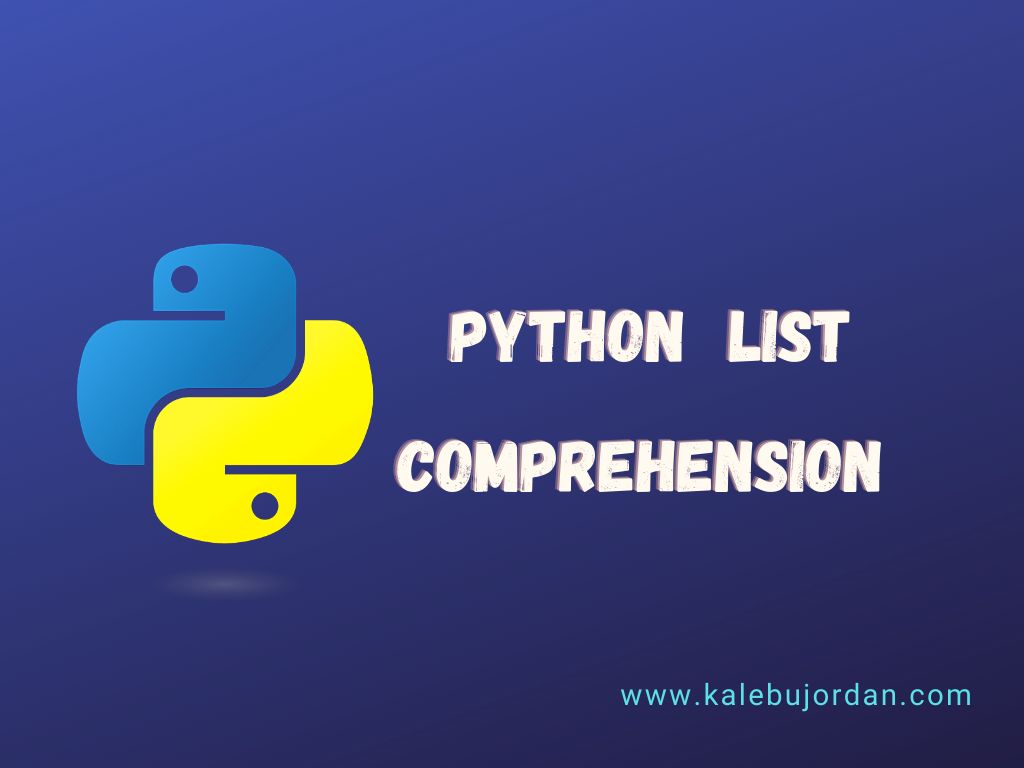
34. Python for Beginners, Part 10: Primitive Data Types
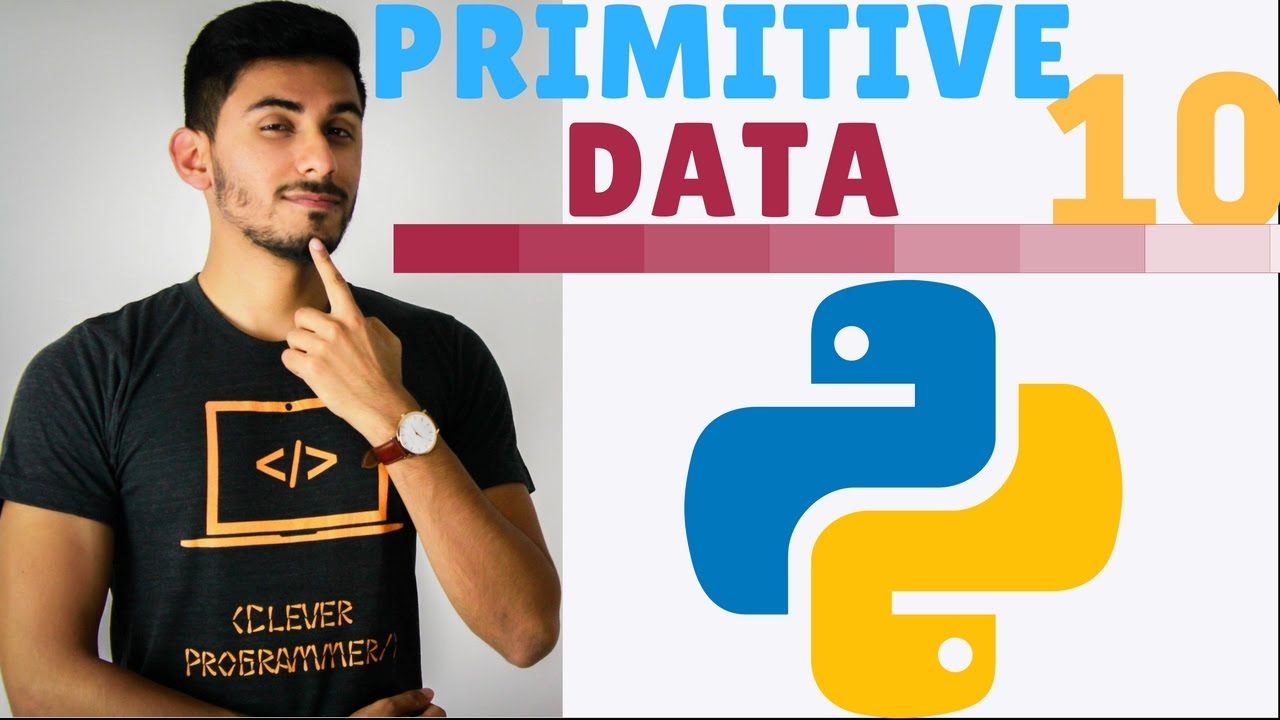 Let's cover the awesomeness of primitive data types. What are integers, floats, or strings!? I don't know... Let's find out!
Let's cover the awesomeness of primitive data types. What are integers, floats, or strings!? I don't know... Let's find out!
35. Best Practices for Setting Up the 'Perfect' Python Project

36. Learning Python Variables
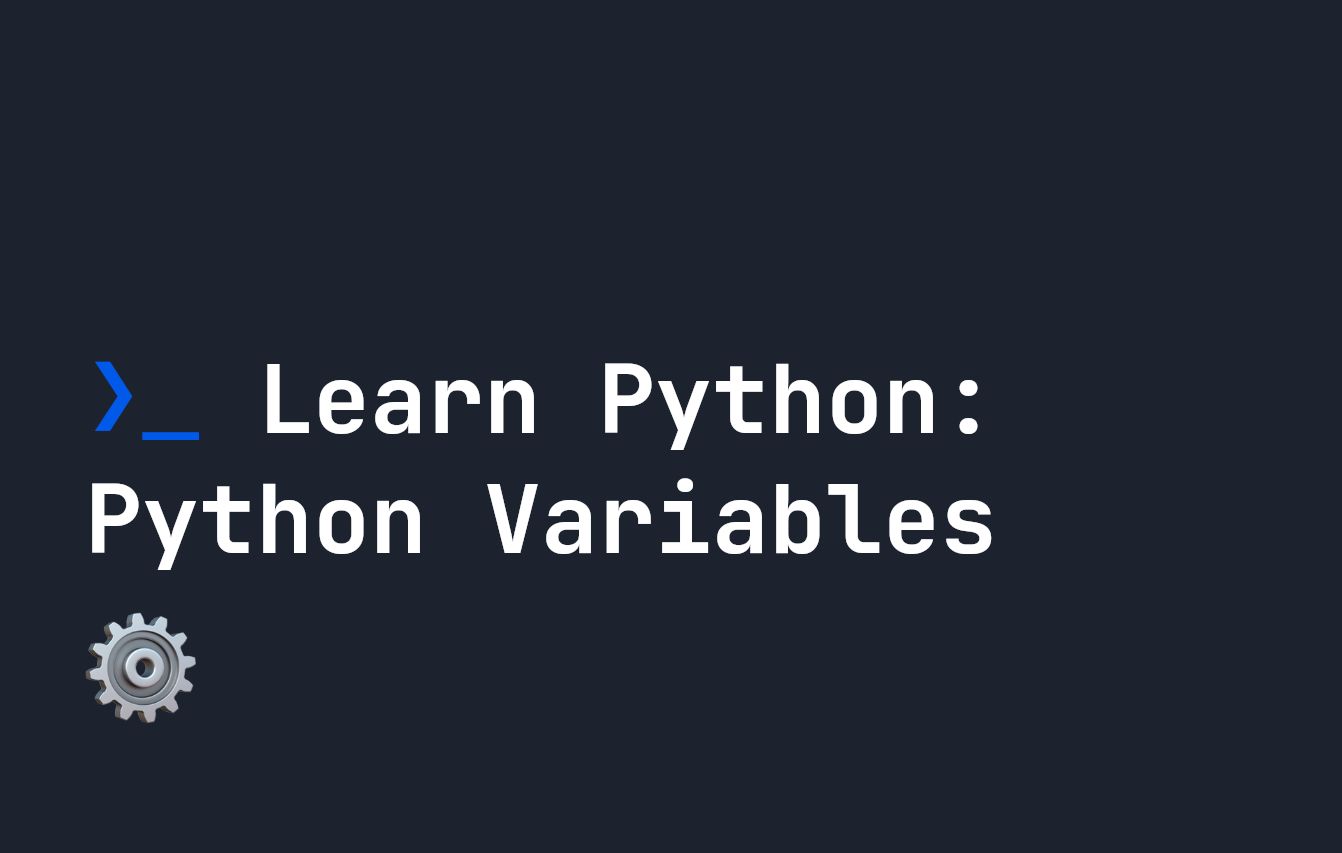 As with all other languages, Python has variables that can be defined to hold data.
As with all other languages, Python has variables that can be defined to hold data.
37. 40 Python Projects Ideas For Students
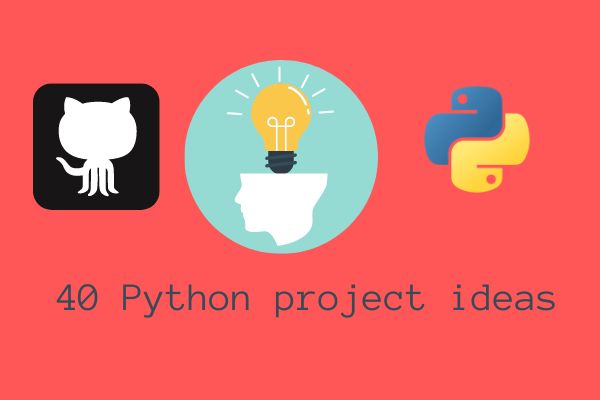 Hello guys , in this blog post I have organized 40 Python projects that you might be interested trying out ranging from webscraping to to natural language processing.
Hello guys , in this blog post I have organized 40 Python projects that you might be interested trying out ranging from webscraping to to natural language processing.
38. Basic Data Types in Python
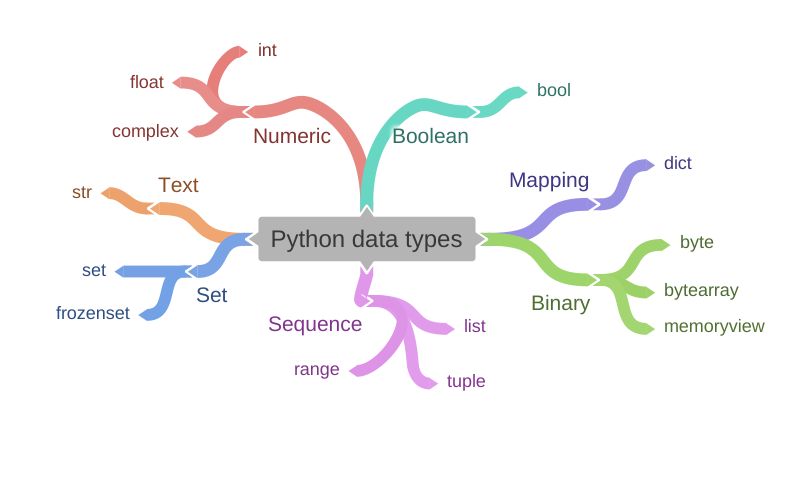 Data types are one of the building blocks of python.
And You can do a lot of things with data types!
Data types are one of the building blocks of python.
And You can do a lot of things with data types!
39. Top 5 Career Options and Online Courses for Python Developers (2021)
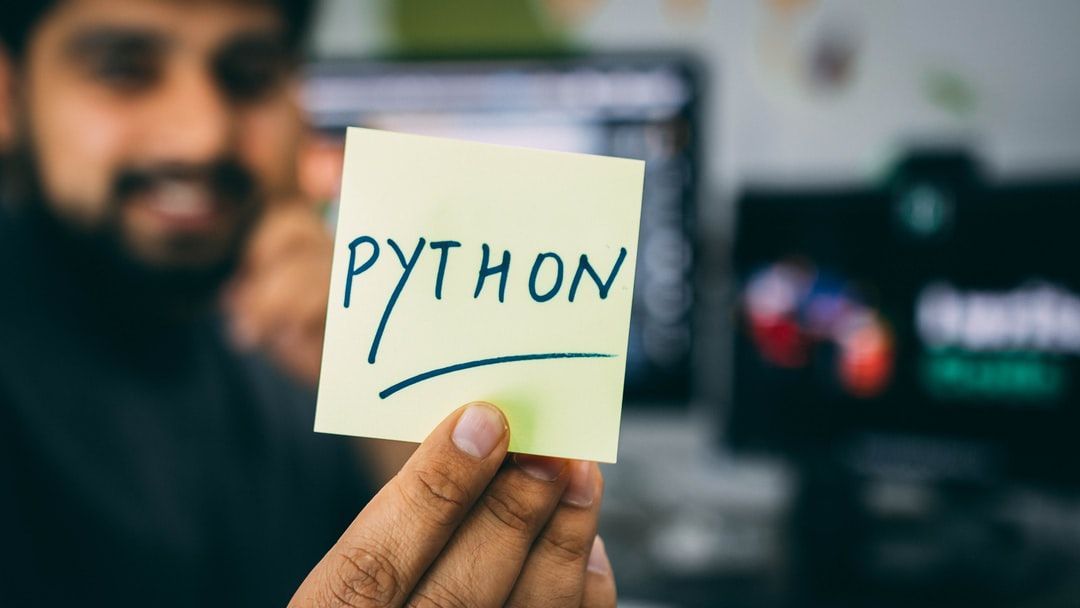 Here are a few job roles that you can fill after completing your Python learning.
Here are a few job roles that you can fill after completing your Python learning.
40. Python Substrings: Everything You Need to Know
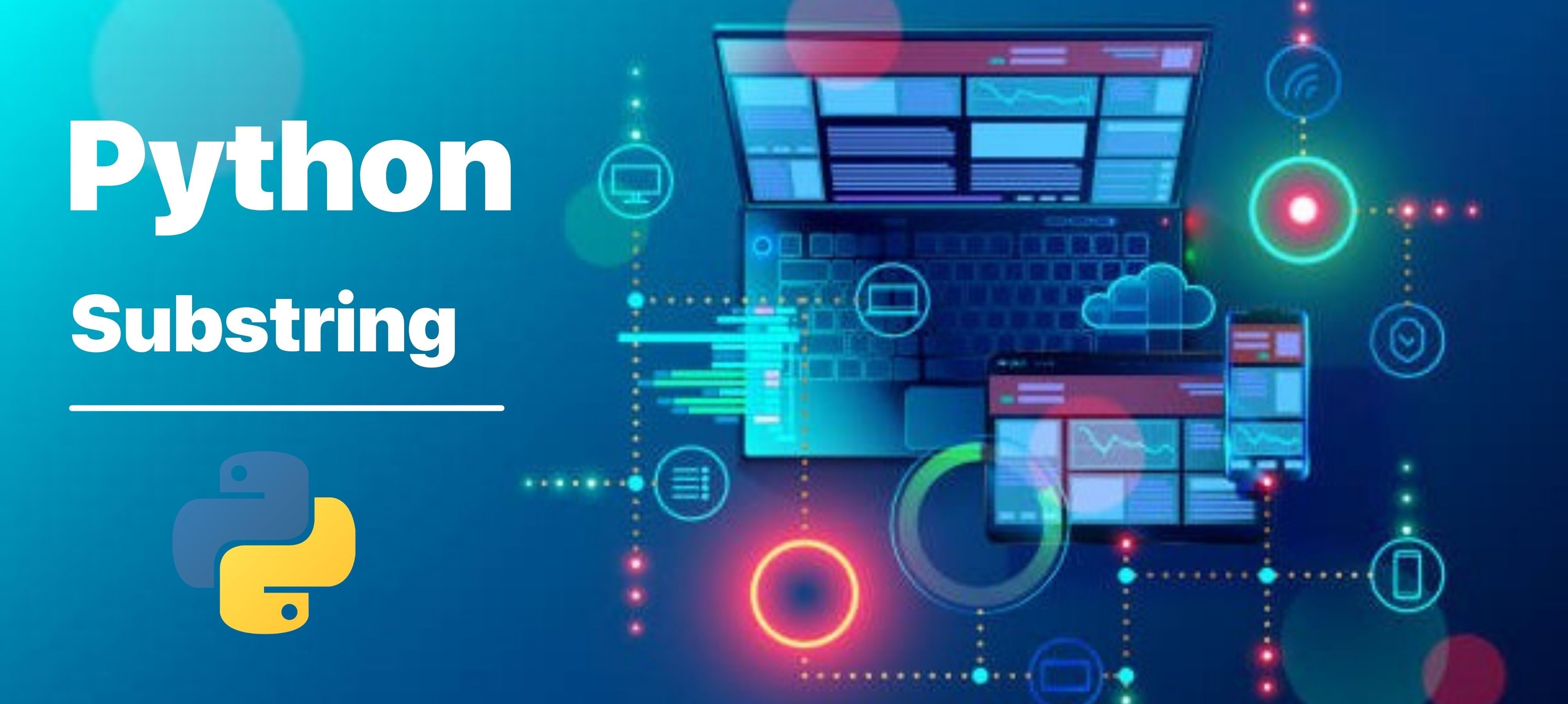 A python substring is a sequence of characters within a string, in this article you will learn various operations related to them and how to use them.
A python substring is a sequence of characters within a string, in this article you will learn various operations related to them and how to use them.
41. Introduction to the Print Function in Python
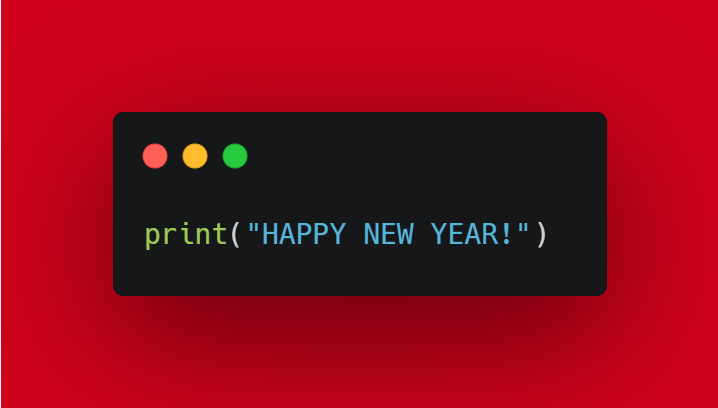 print() function and input() function makes the program more interactive with the user.
print() function and input() function makes the program more interactive with the user.
42. Python for Beginners, Part 4: Interactive Shell vs. Script
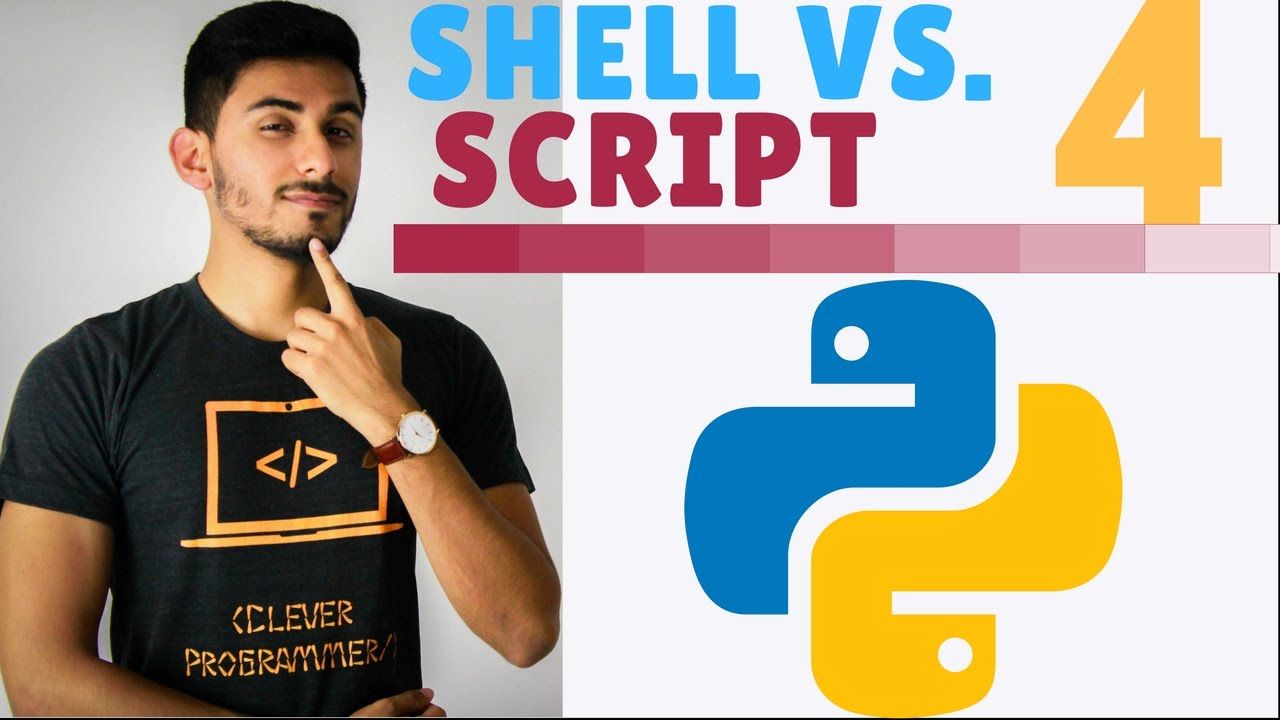 We will discuss the difference between an interactive python terminal vs. A python script.
We will discuss the difference between an interactive python terminal vs. A python script.
43. Functions in Python—Easy or Hard to Learn & Master?
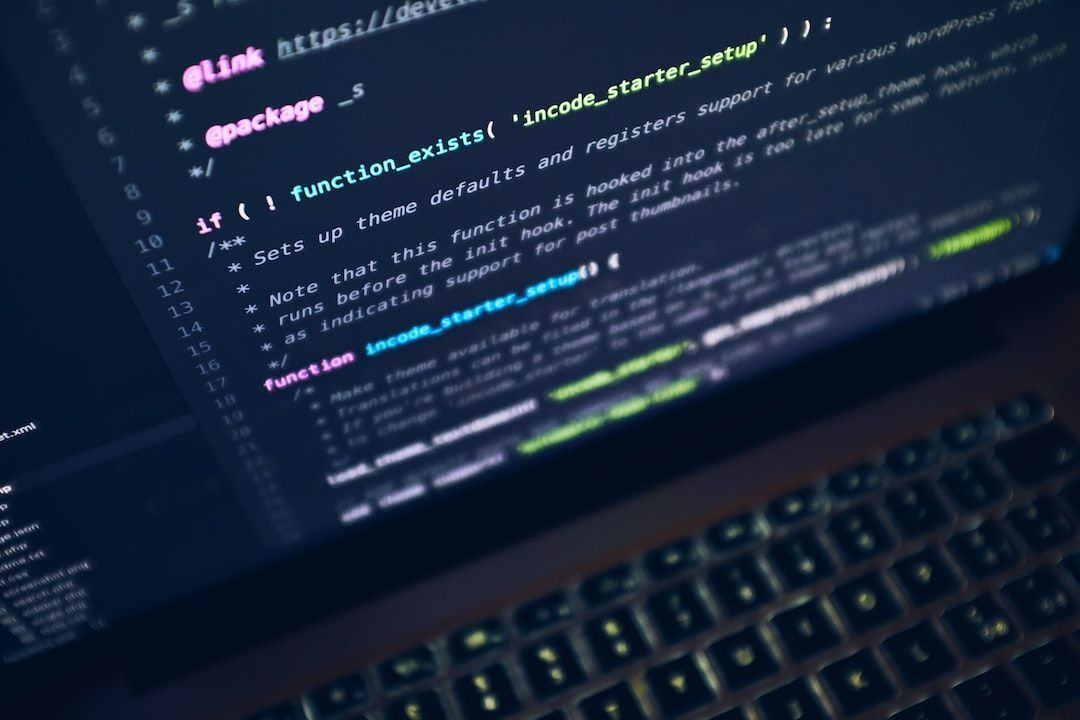 In this post, I'll give the brief intro of each 6 highly used ML packages, what is the purpose and when to use.
In this post, I'll give the brief intro of each 6 highly used ML packages, what is the purpose and when to use.
44. Python for Beginners, Part 15: Solution Circle of Squares (Exercise)
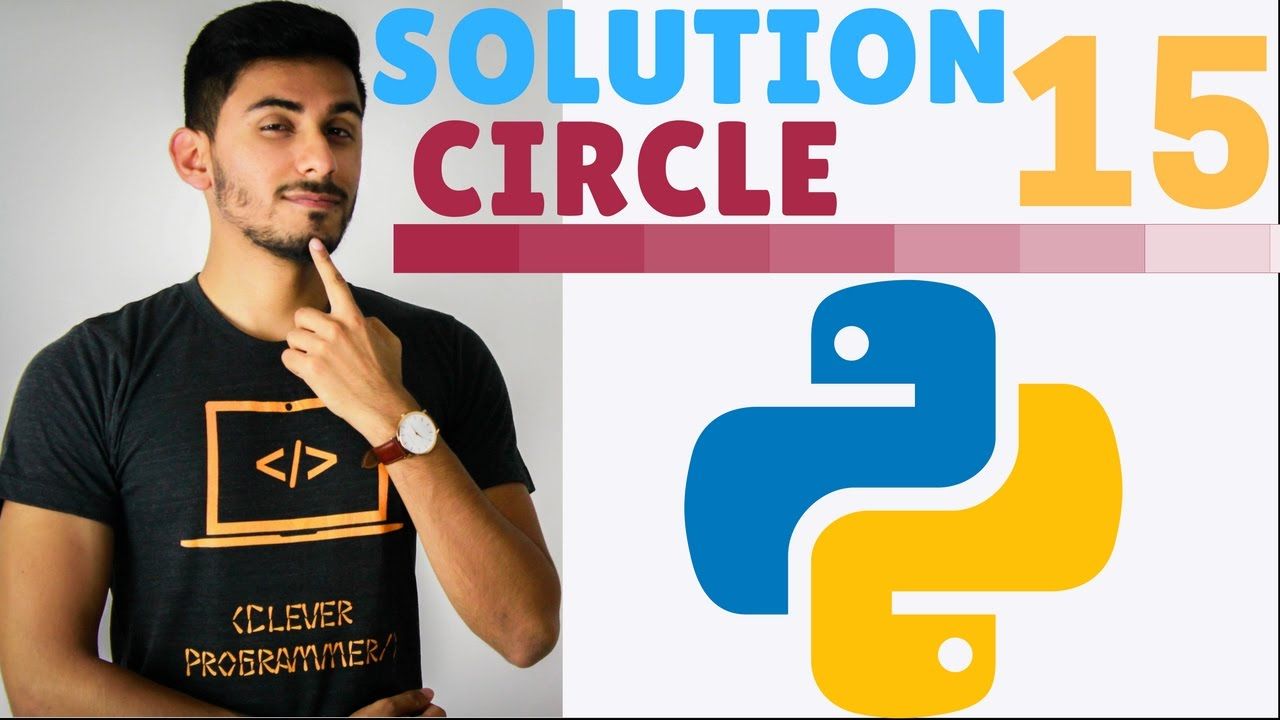 Let's go over the solution of how to create a circle out of squares, the exercise which I gave you in the last tutorial.
Let's go over the solution of how to create a circle out of squares, the exercise which I gave you in the last tutorial.
45. Python Basics: File Handling
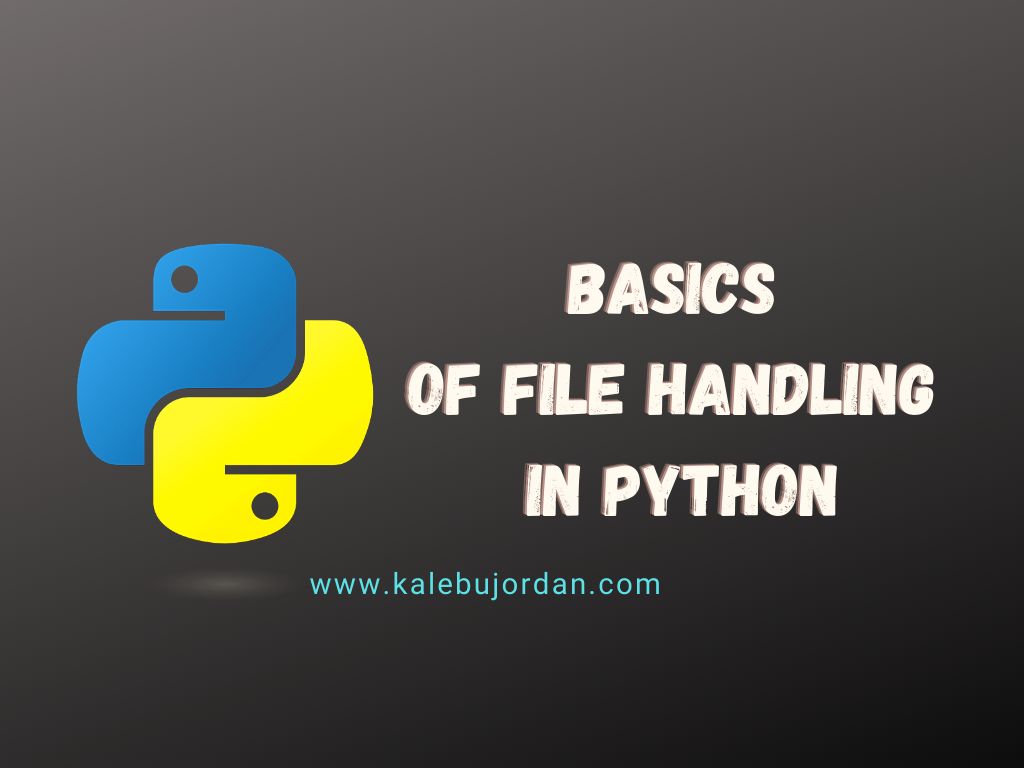
46. Python for Beginners, Part 9: Loops
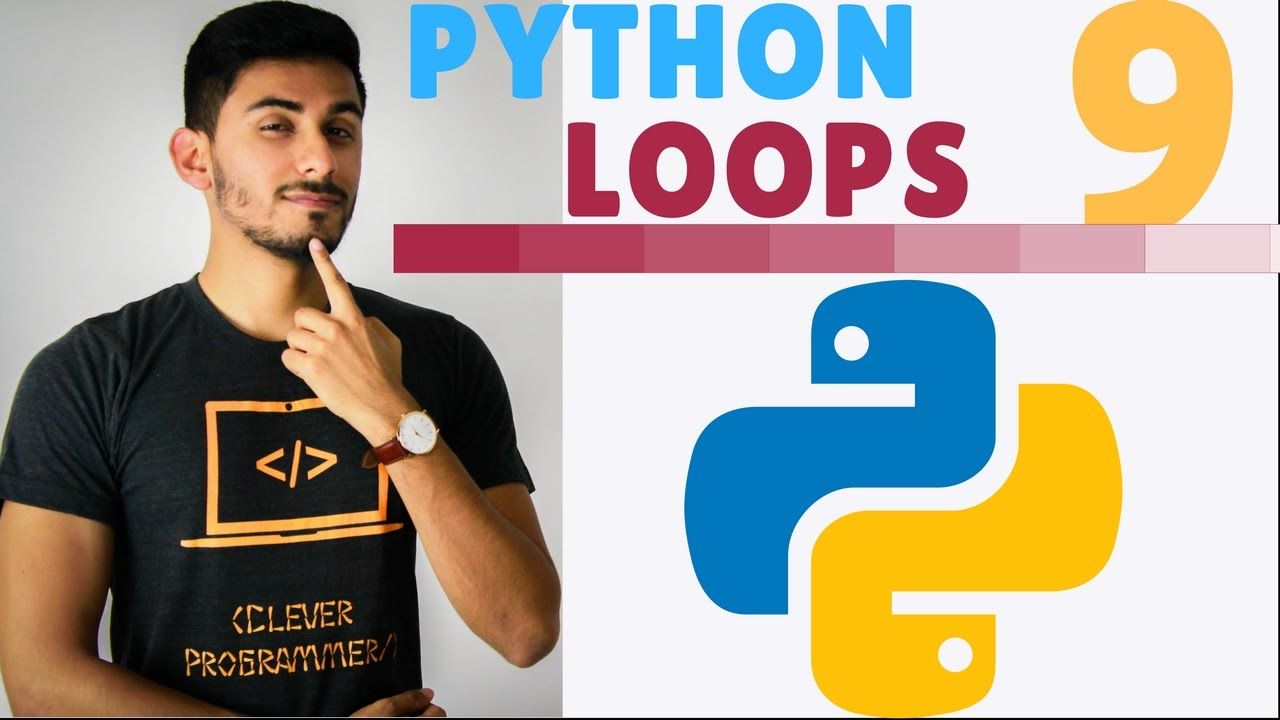 In this one, we explore the concept of looping constructs, visually, in computer programming.
In this one, we explore the concept of looping constructs, visually, in computer programming.
47. Python for Beginners, Part 3: The Turtle Module
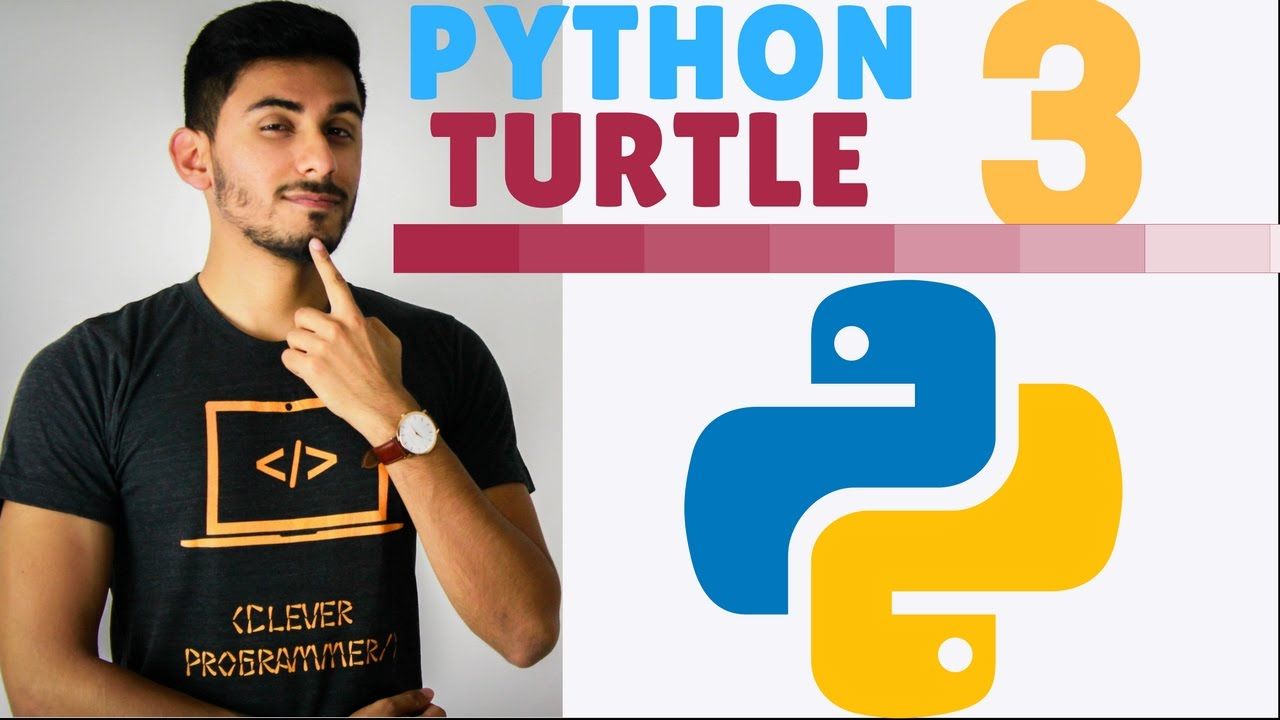 In this part of the Learn Python for Beginners series... We go over how to use the turtle module and learn computer programming in a fun visual way. Things like functions, variables, and more will start to make sense instantly.
In this part of the Learn Python for Beginners series... We go over how to use the turtle module and learn computer programming in a fun visual way. Things like functions, variables, and more will start to make sense instantly.
48. Python for Beginners, Part 14: E-1 Circle of Squares
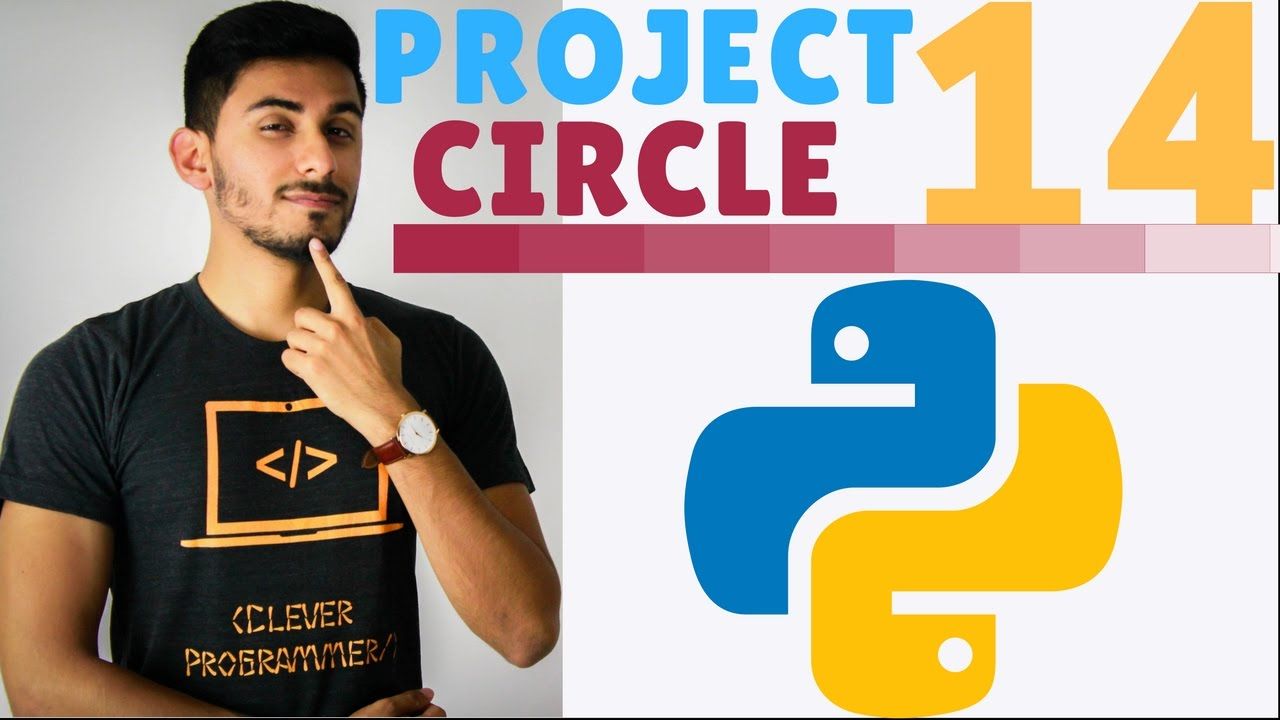 Learn how to write a function that makes a circle of squares!
Learn how to write a function that makes a circle of squares!
49. Python for Beginners, Part 7: Fun Fun Functions
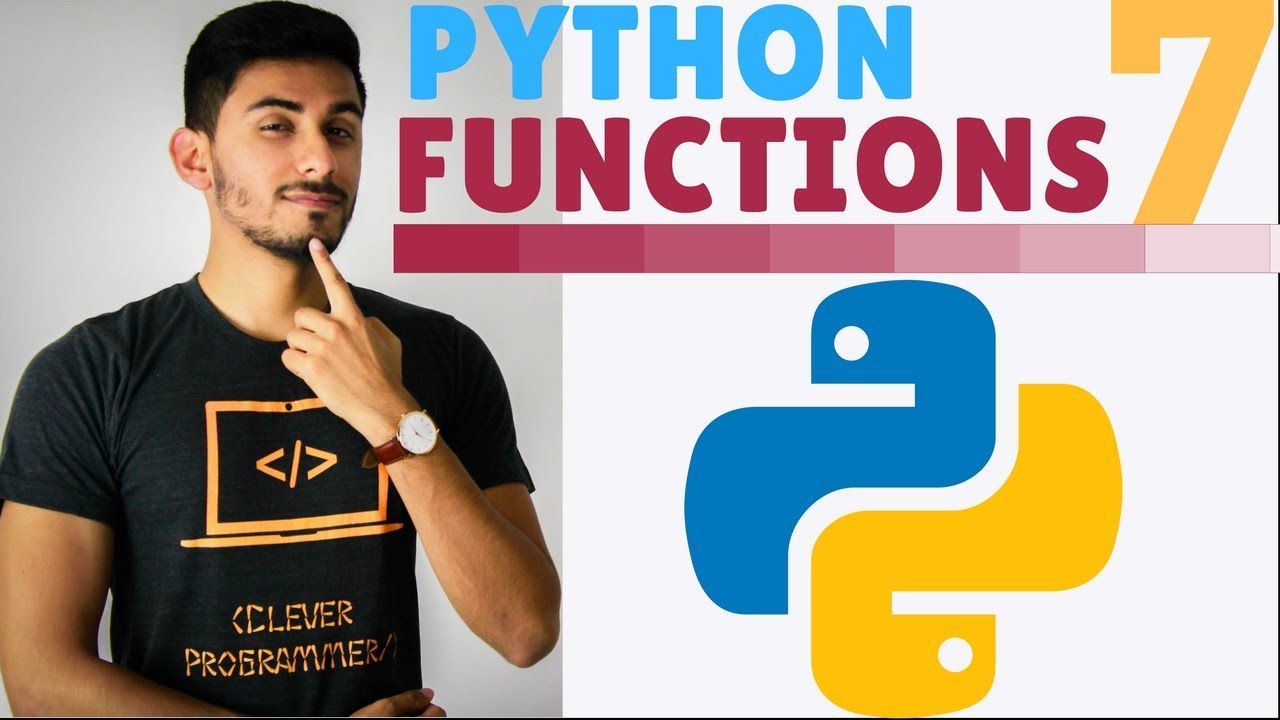 What are functions? We discuss how functions work and allow you to use clean, reusable code. We do this while visualizing our code through the Turtle library in python.
What are functions? We discuss how functions work and allow you to use clean, reusable code. We do this while visualizing our code through the Turtle library in python.
50. Python for Beginners, Part 12: Lists of Things
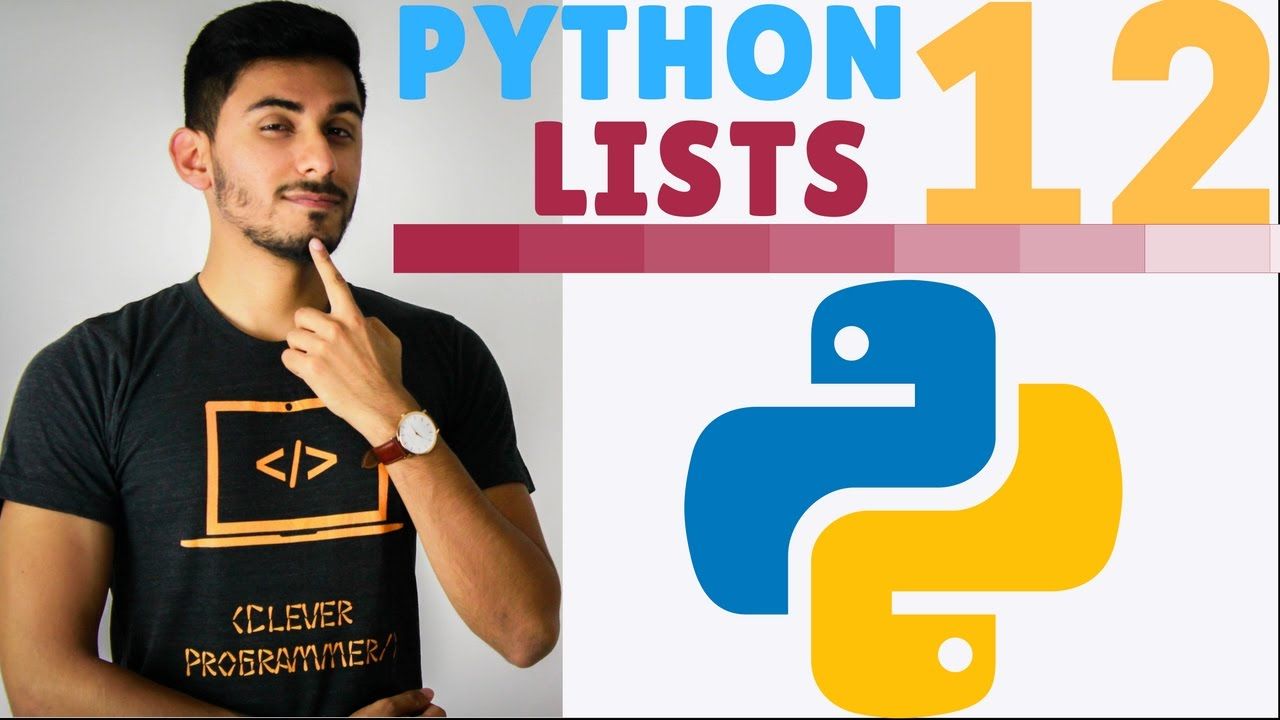 Let's talk about the list data structure of python and discuss why it's so wonderful.
Let's talk about the list data structure of python and discuss why it's so wonderful.
51. Python for Beginners, Part 8: Function Arguments
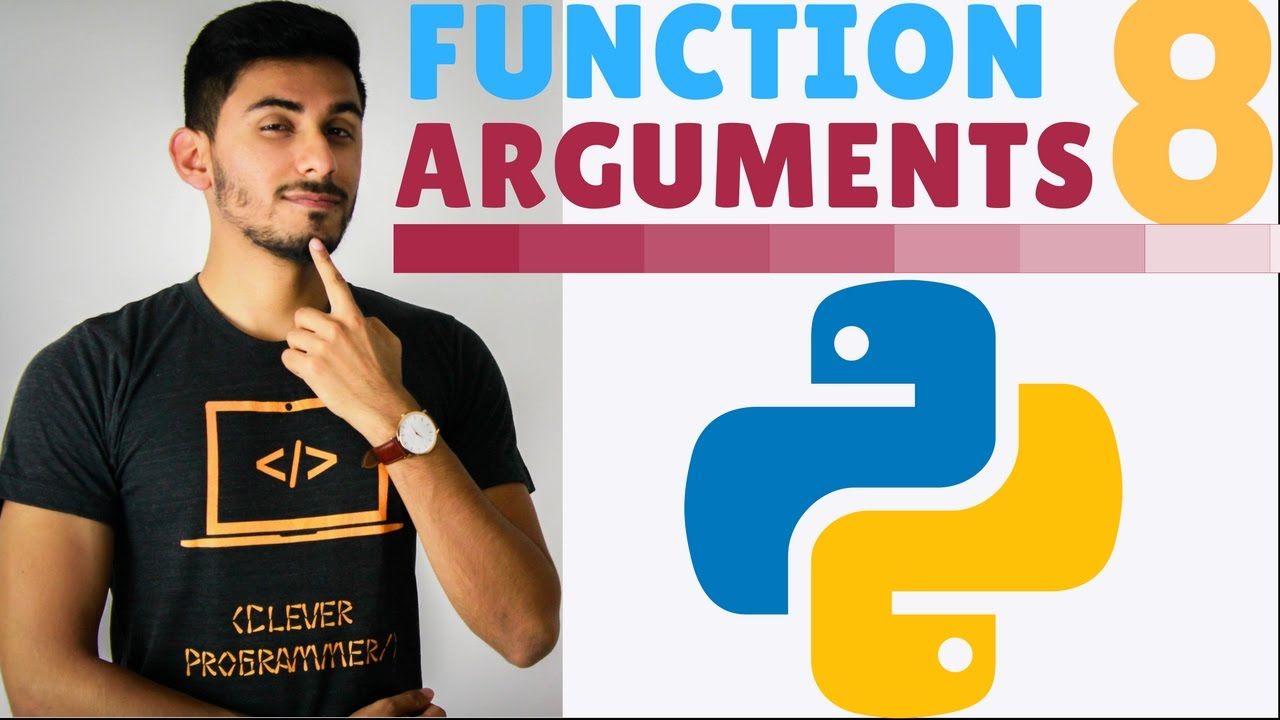 Let's see how functions accept multiple arguments, or parameters, or inputs. Those are interchangeable terms.
Let's see how functions accept multiple arguments, or parameters, or inputs. Those are interchangeable terms.
52. Python for Beginners, Part 13: Append List-Method
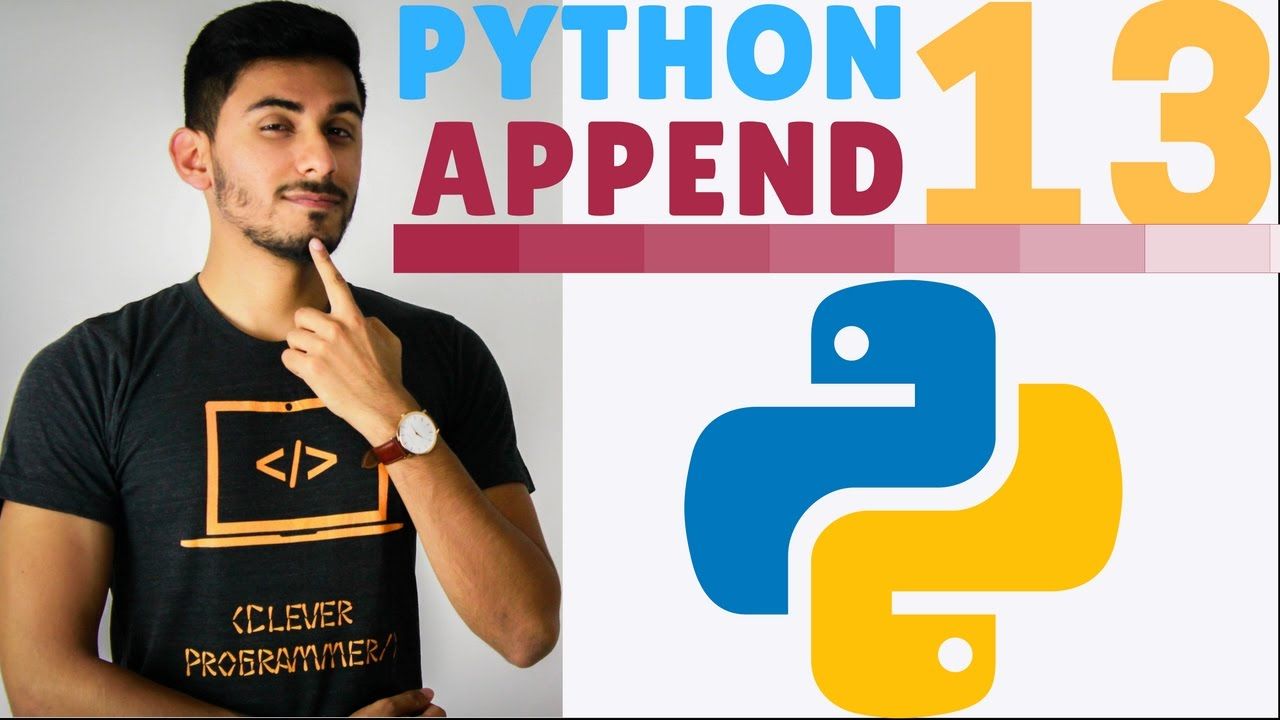 Let's talk about the append method of a list and how it works
Let's talk about the append method of a list and how it works
53. [Tutorial] Recognize Handwritten Numbers in Python without any ML-Library
 This little image classifier is a showcase of how easy it is to create a functional image classifier using just basic python and some easy to use and well-documented libraries.
This little image classifier is a showcase of how easy it is to create a functional image classifier using just basic python and some easy to use and well-documented libraries.
54. Python for Beginners, Part 17: Boolean Algebra Jiu-Jitsu
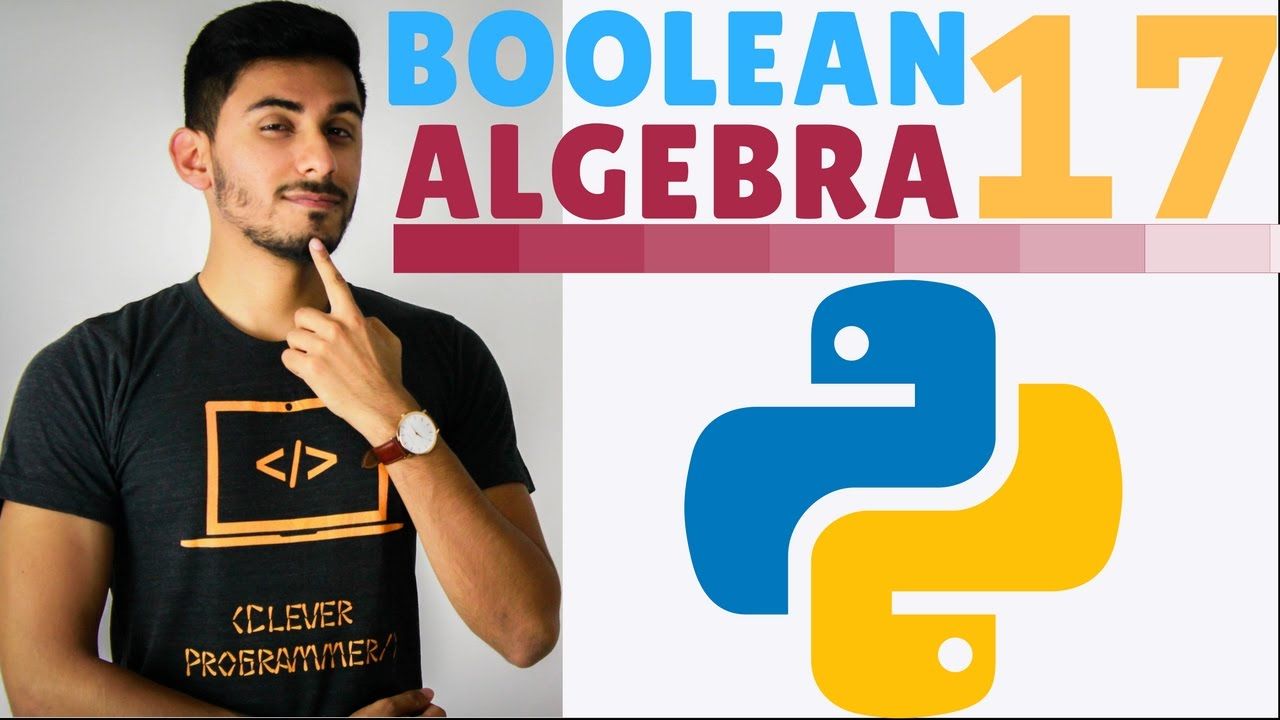 Let's talk about the most important thing in programming... BOOOOOOOLEAN ALGEBRA. Hmm... Is that a True statement OR False? Watch the video AND find out... Or NOT... Up to you.
Let's talk about the most important thing in programming... BOOOOOOOLEAN ALGEBRA. Hmm... Is that a True statement OR False? Watch the video AND find out... Or NOT... Up to you.
55. Python for Beginners, Part 11: String Slicing
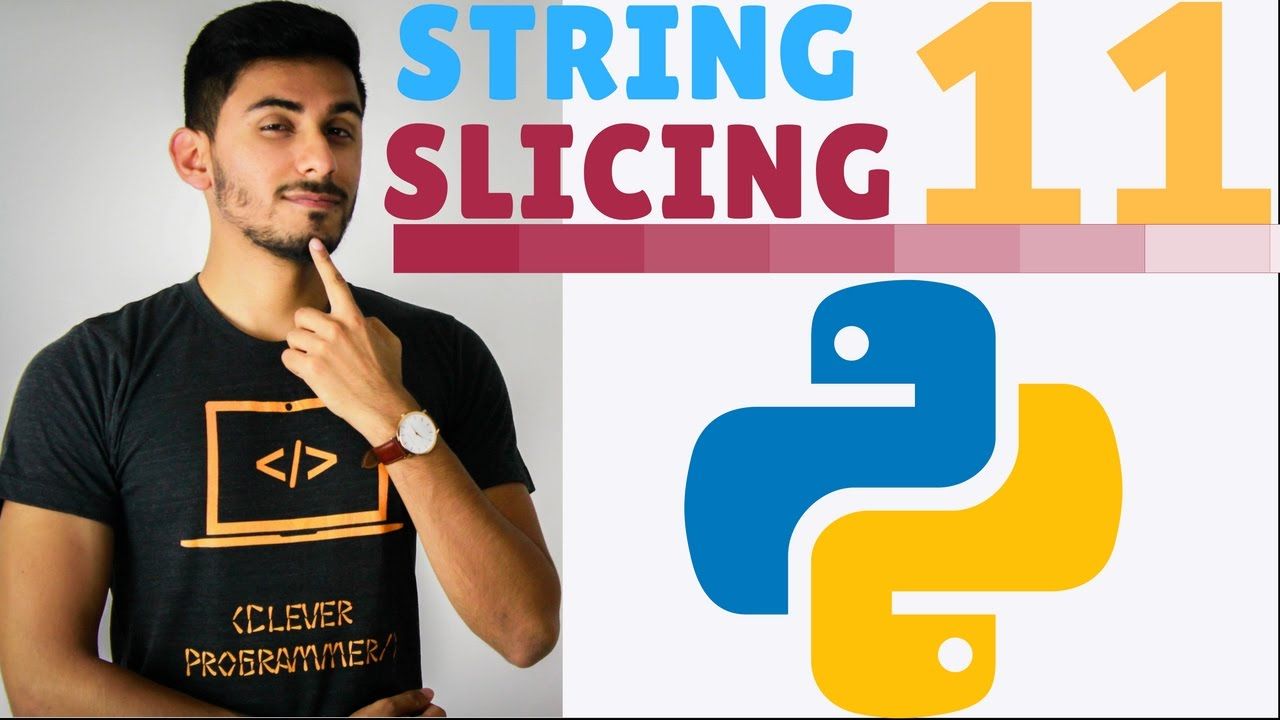 Let's discuss string slicing and you'll know how string slicing is an amazing aspect of python programming.
Let's discuss string slicing and you'll know how string slicing is an amazing aspect of python programming.
56. Python for Beginners, Part 19: Conditionals and Control Flow
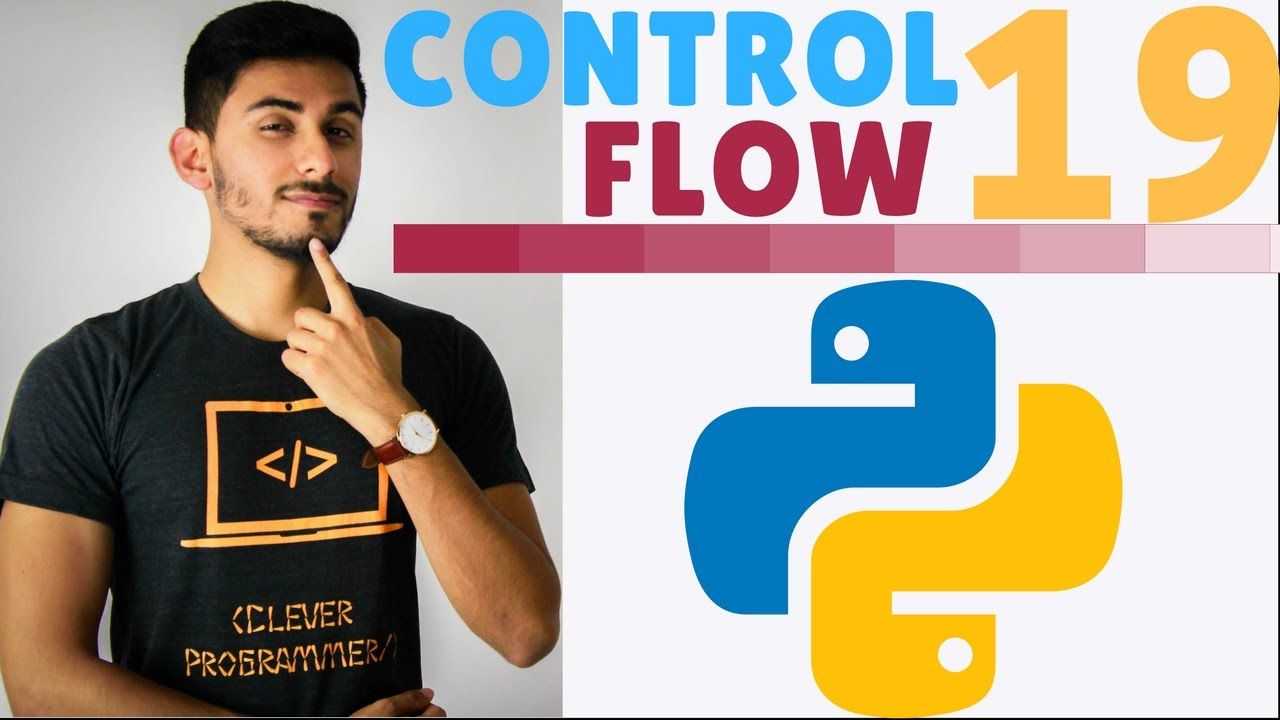 Let's cover conditionals and control flow! This includes your Boolean logic combined with Boolean operators combined with if then type of statements!
Let's cover conditionals and control flow! This includes your Boolean logic combined with Boolean operators combined with if then type of statements!
57. Python for Beginners, Part 16: Dictionaries
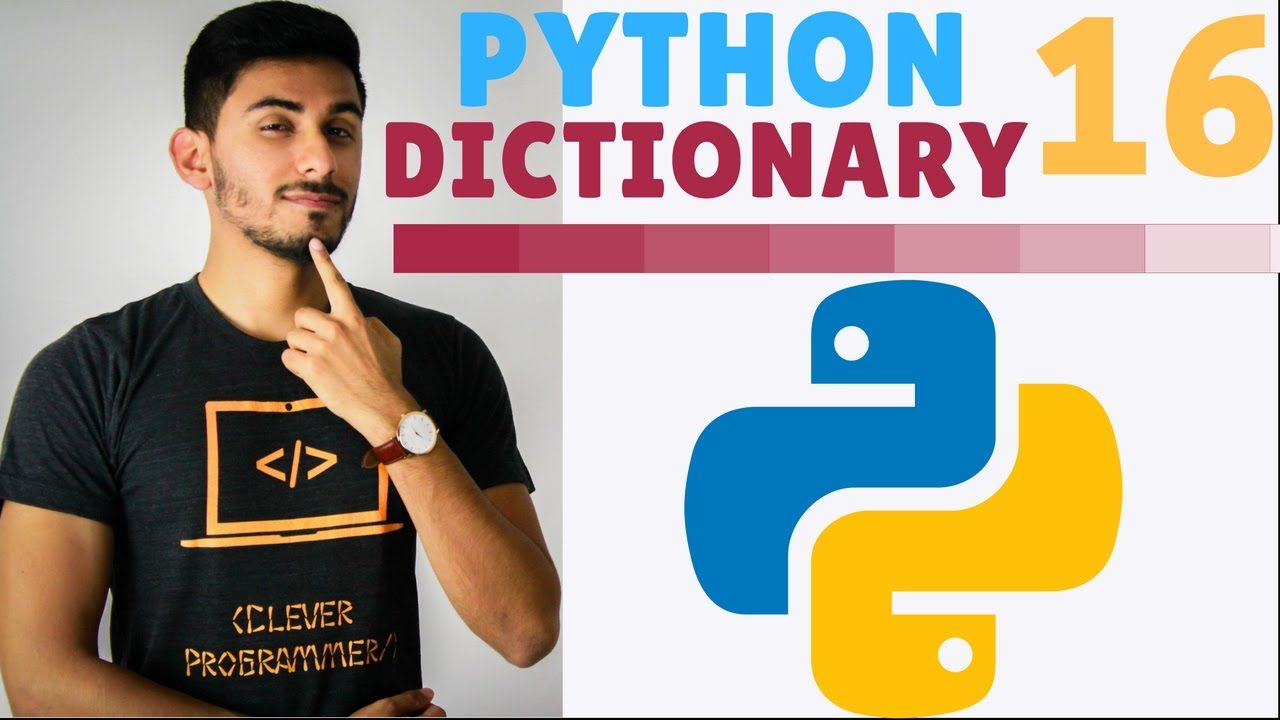 Let's talk about yet another fascinating data structure known as dictionaries. Ever wondered how your iPhone stores phone numbers and then allows for simple and efficient lookups? Well, no need to wonder anymore after you watch this video!
Let's talk about yet another fascinating data structure known as dictionaries. Ever wondered how your iPhone stores phone numbers and then allows for simple and efficient lookups? Well, no need to wonder anymore after you watch this video!
58. Python for Beginners, Part 18: Logical AND, OR, NOT
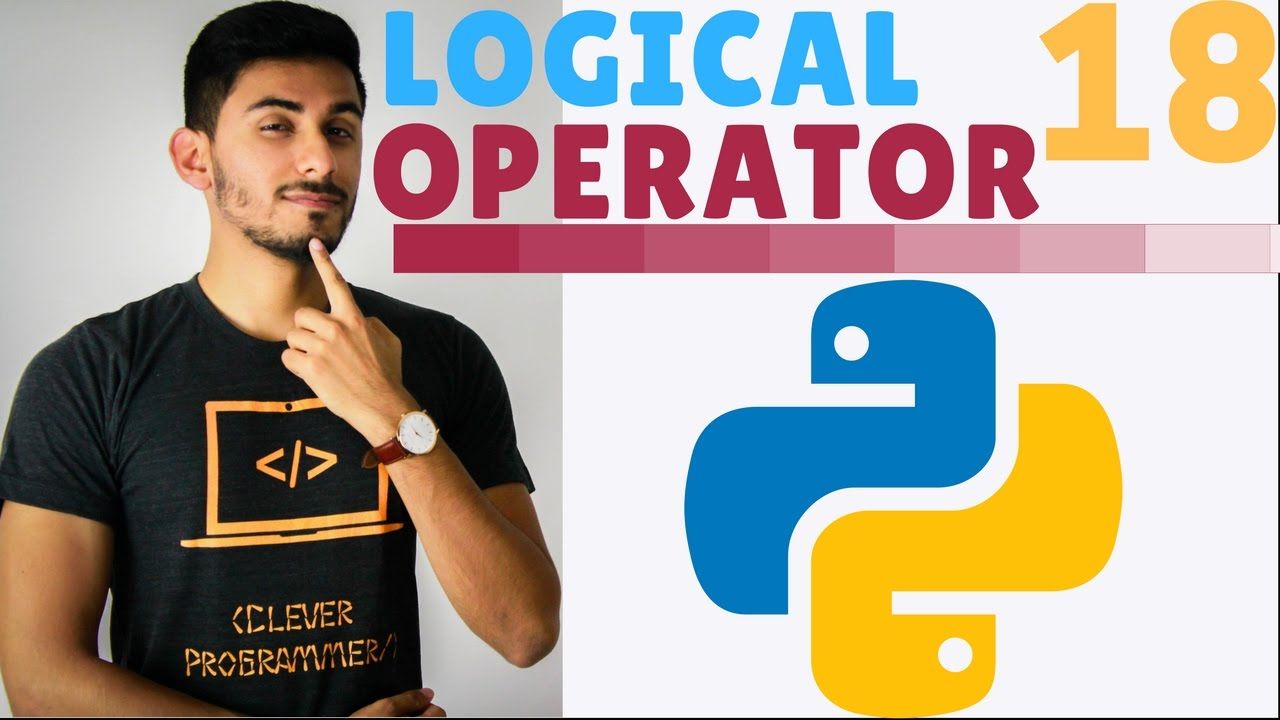 Let's cover logical AND, OR & NOT..
Let's cover logical AND, OR & NOT..
59. Python for Beginners, Part 20: For Loops
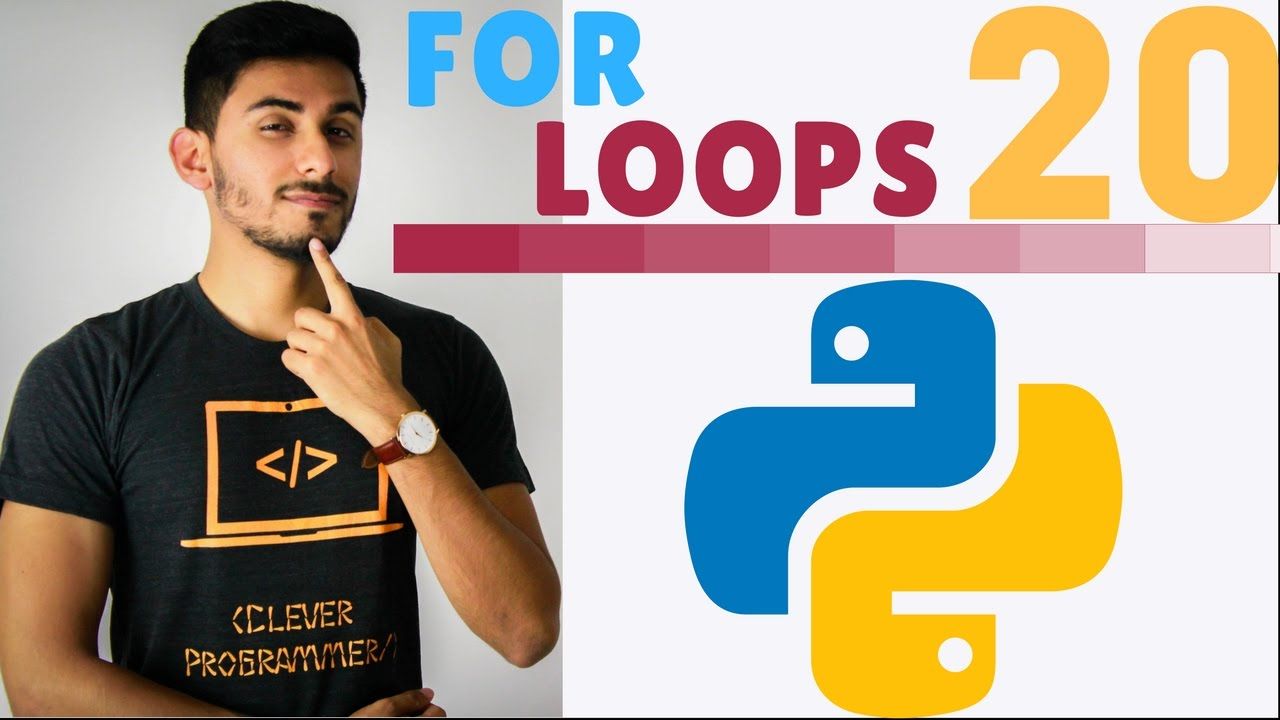 Let's talk about 'for' loops and why they are so important! Anything that requires repetition. 'For' loops are your friends!
Let's talk about 'for' loops and why they are so important! Anything that requires repetition. 'For' loops are your friends!
Thank you for checking out the 59 most read stories about Python Basics on HackerNoon.
Visit the /Learn Repo to find the most read stories about any technology.
